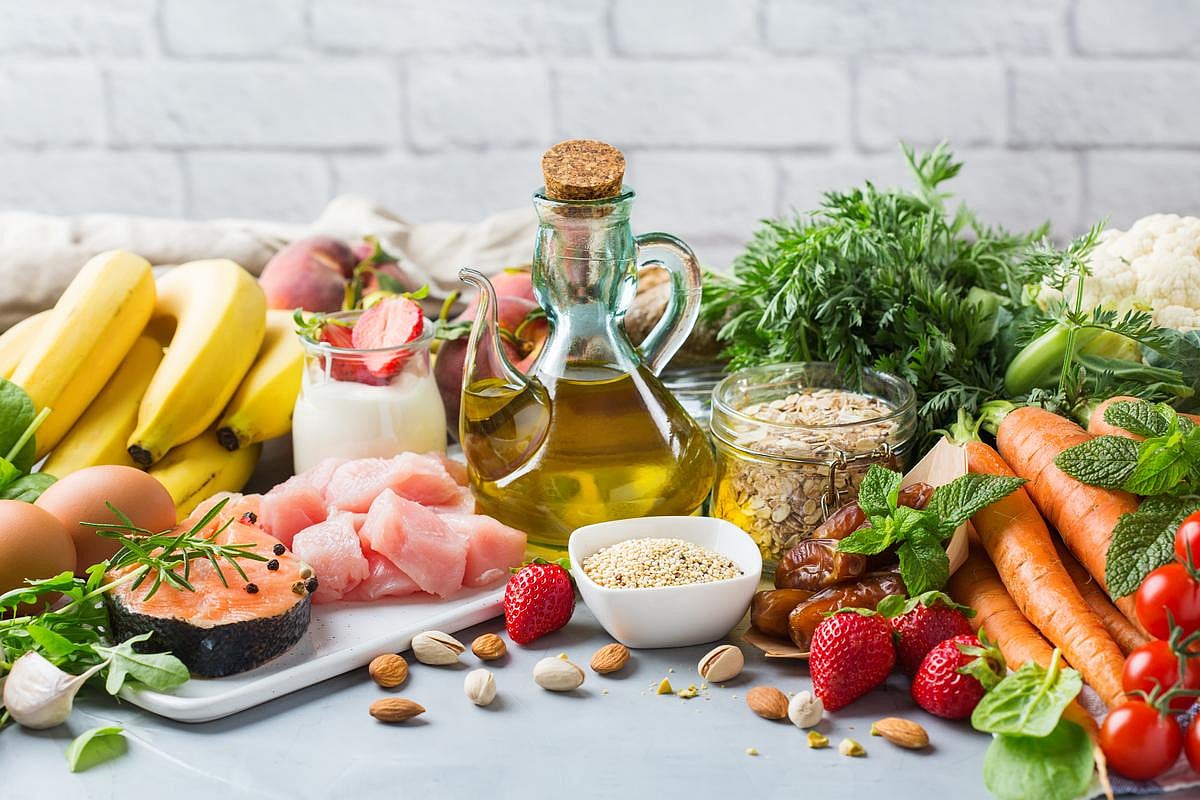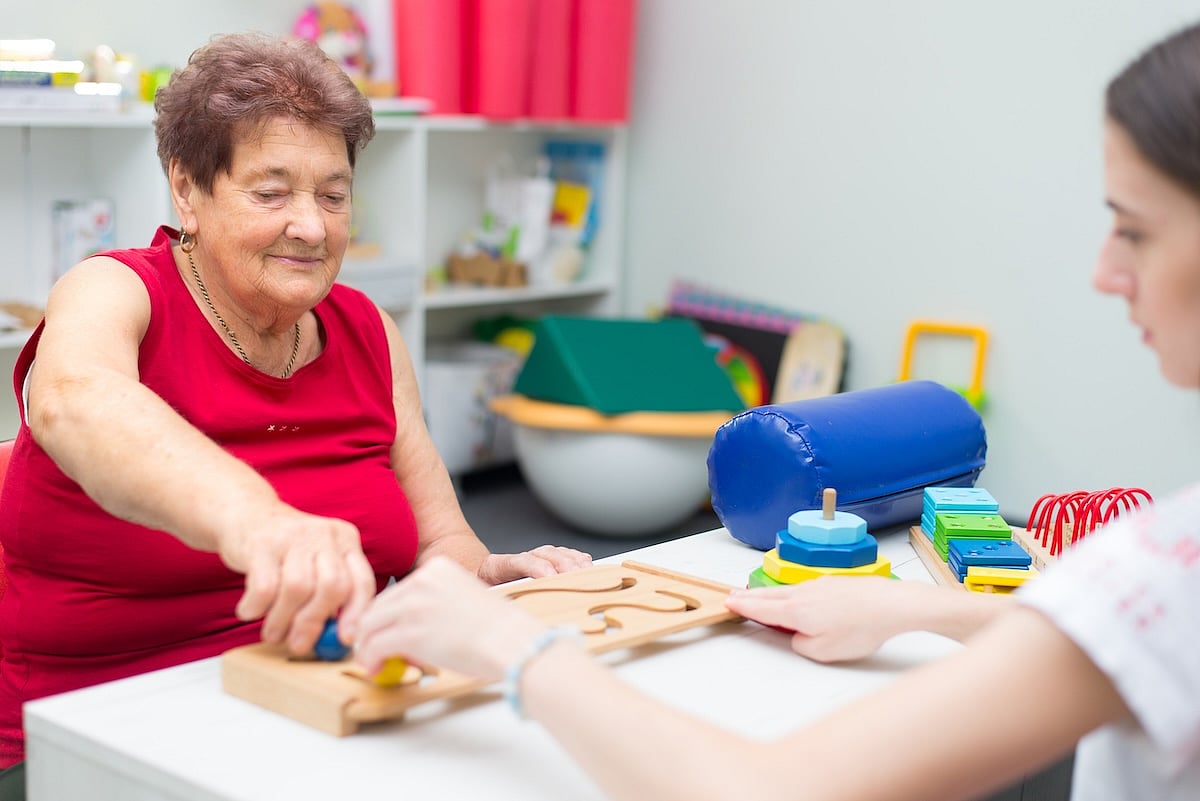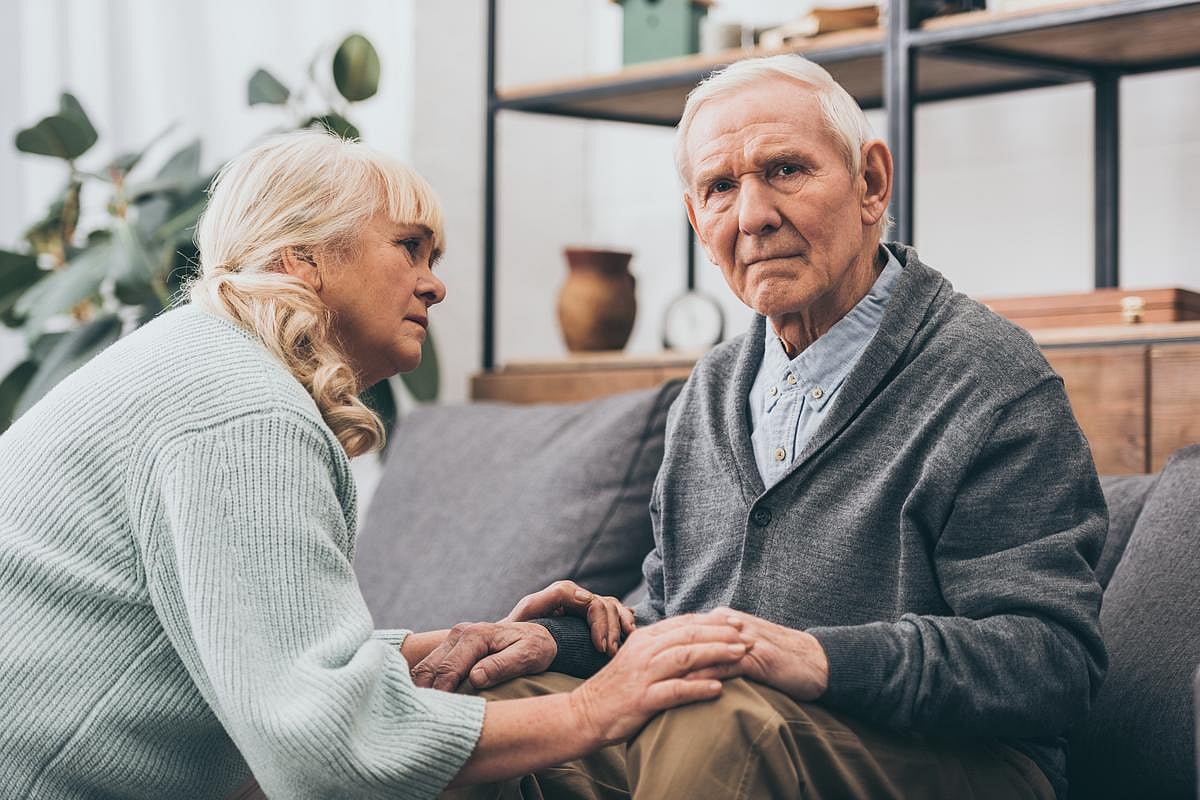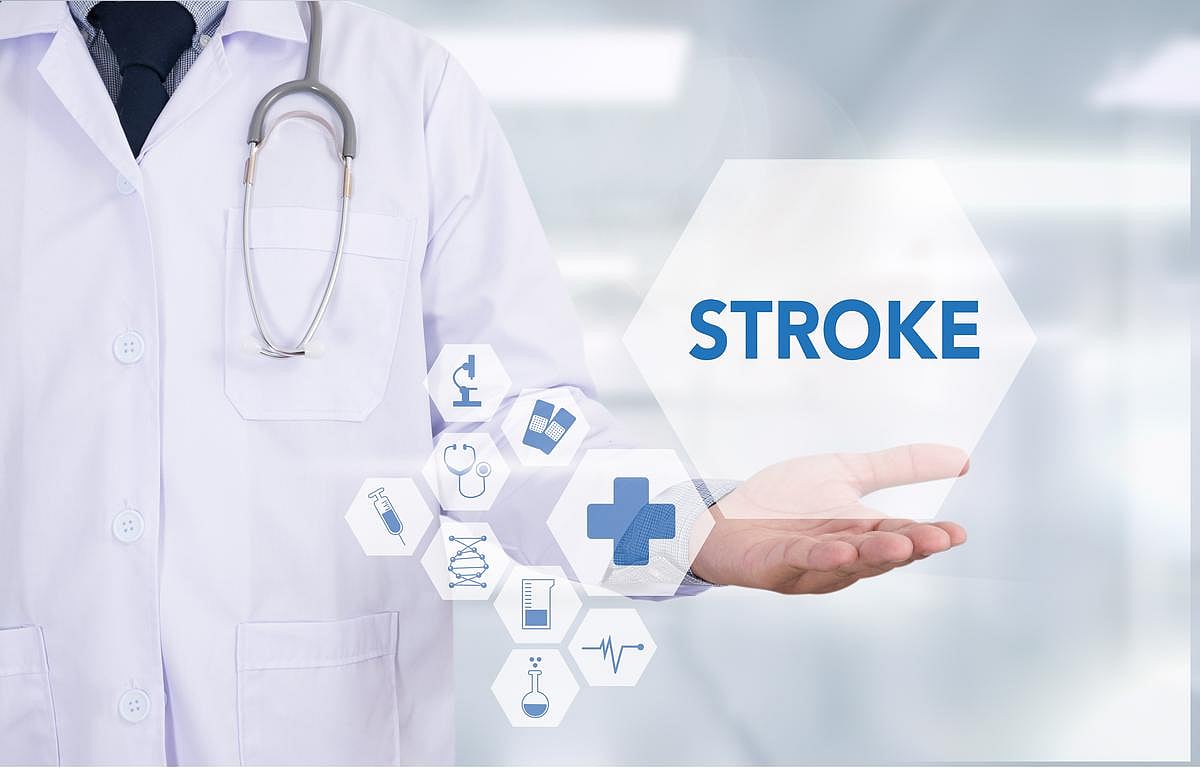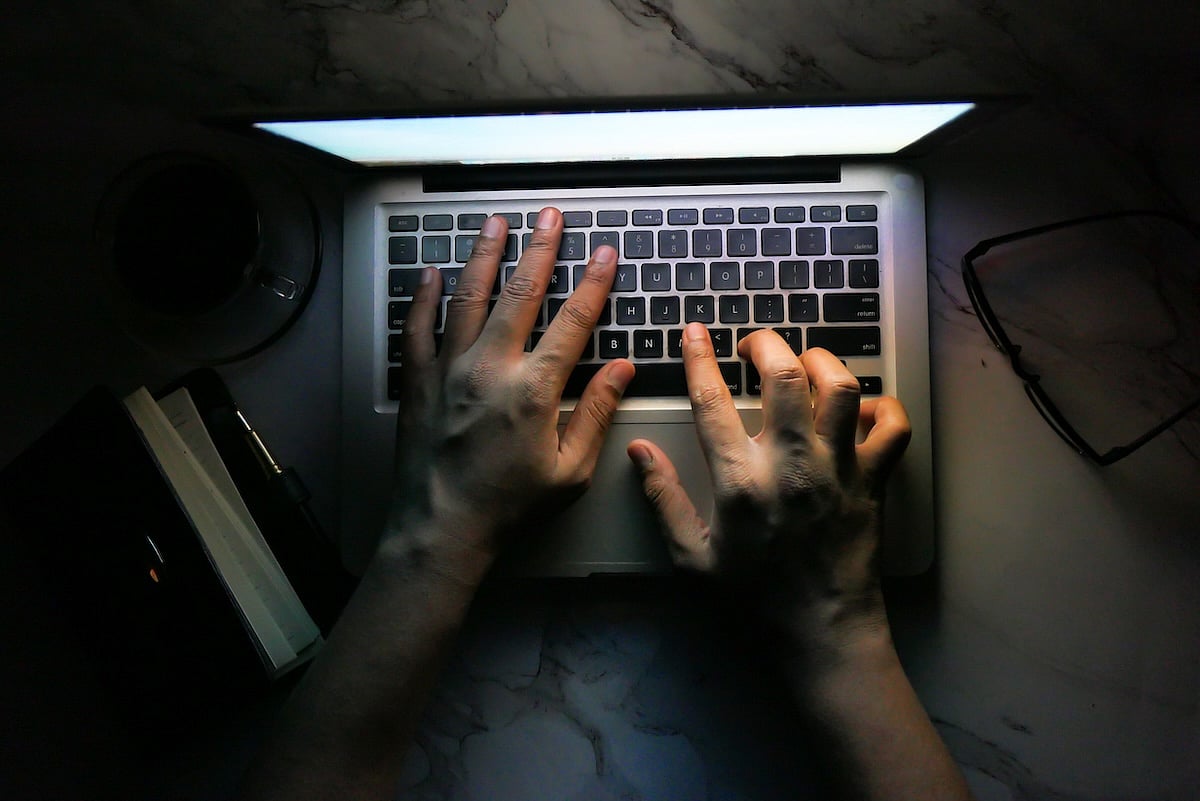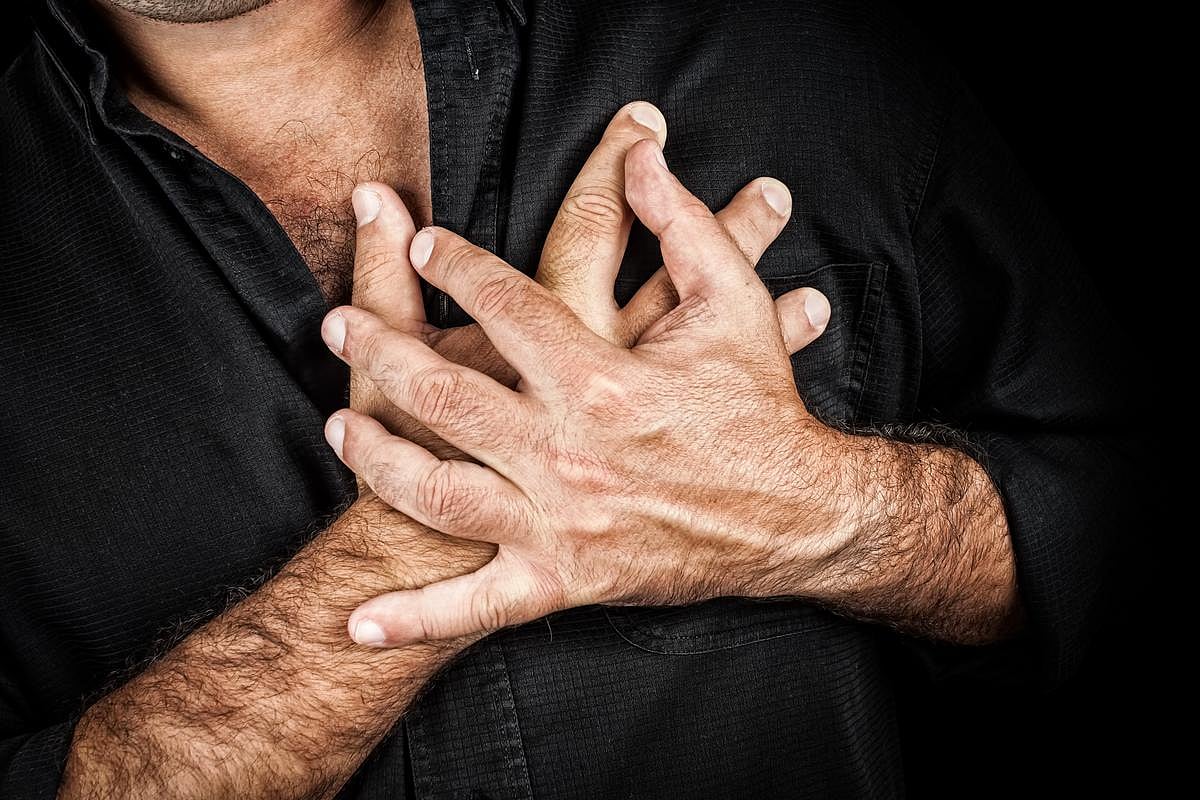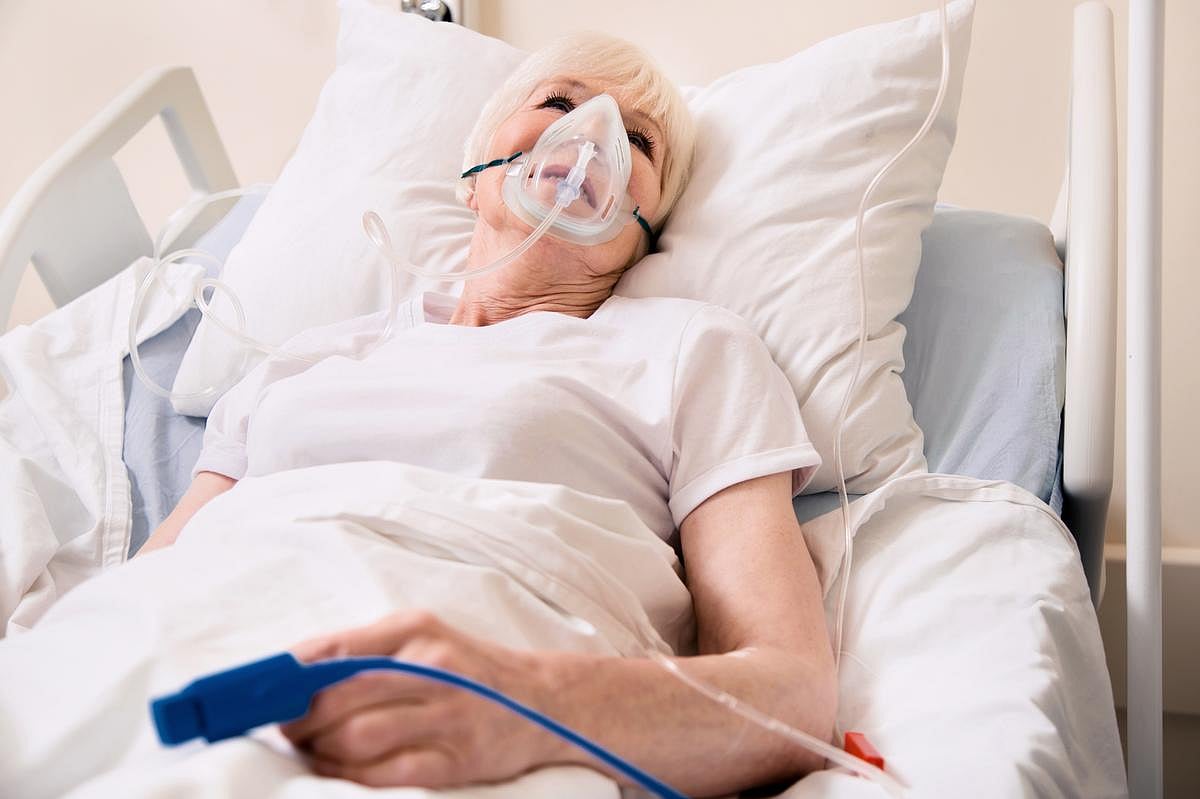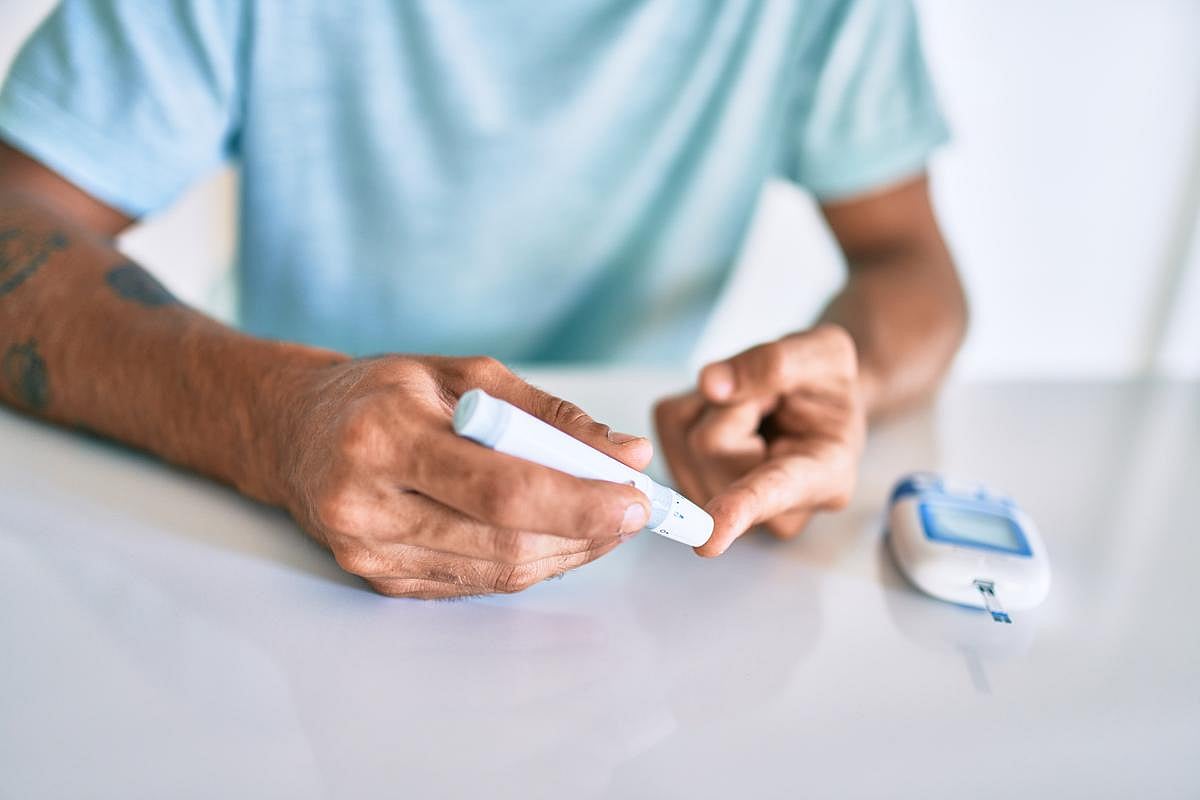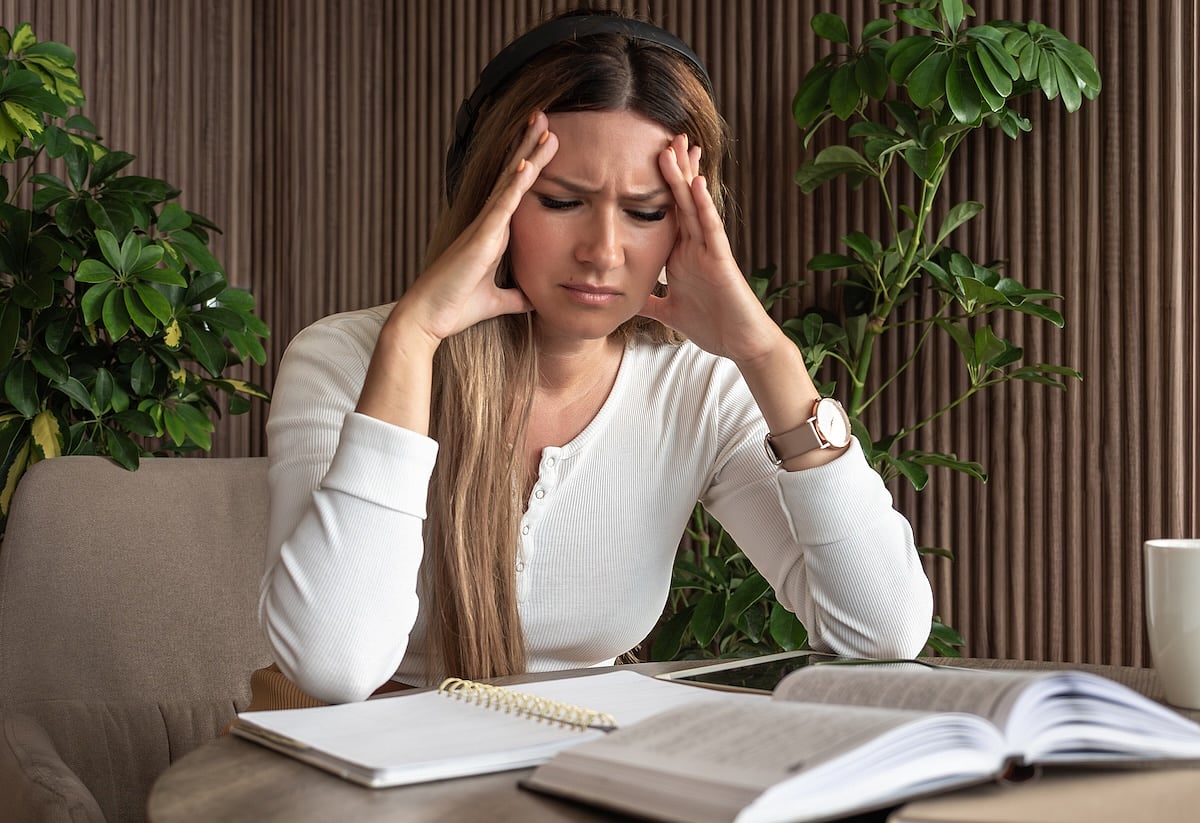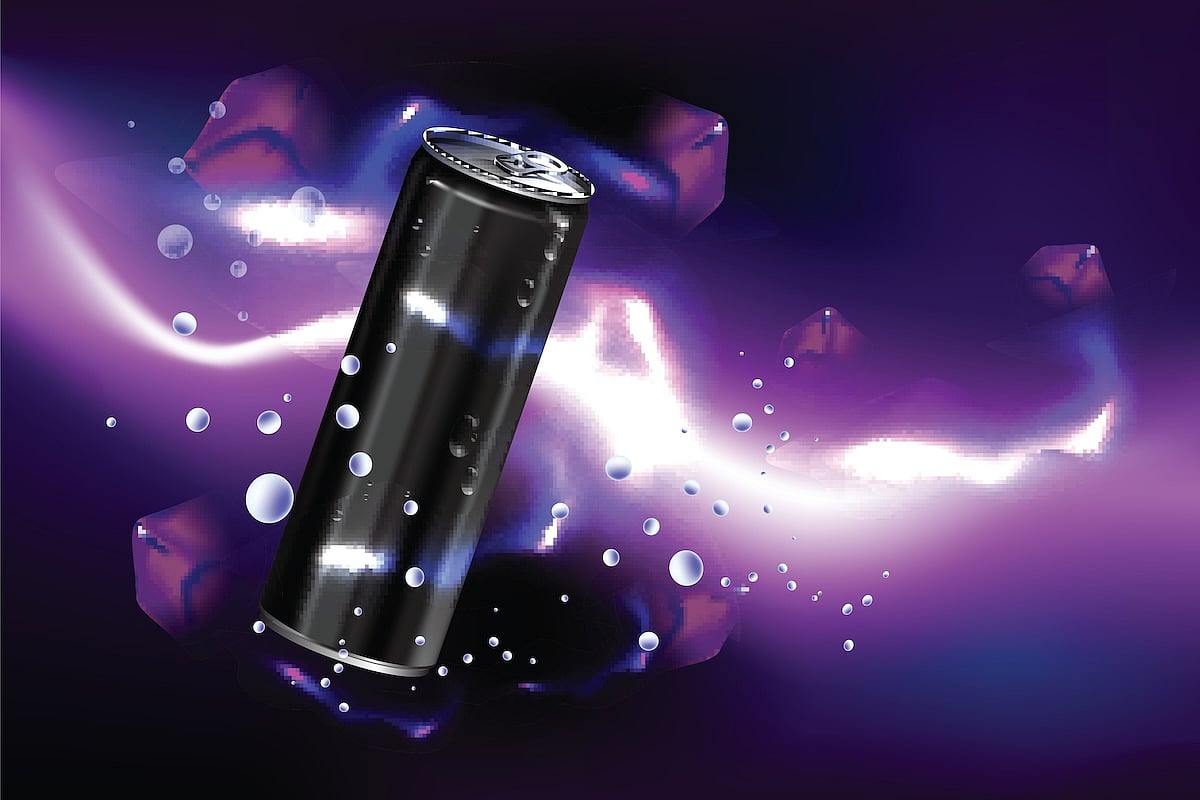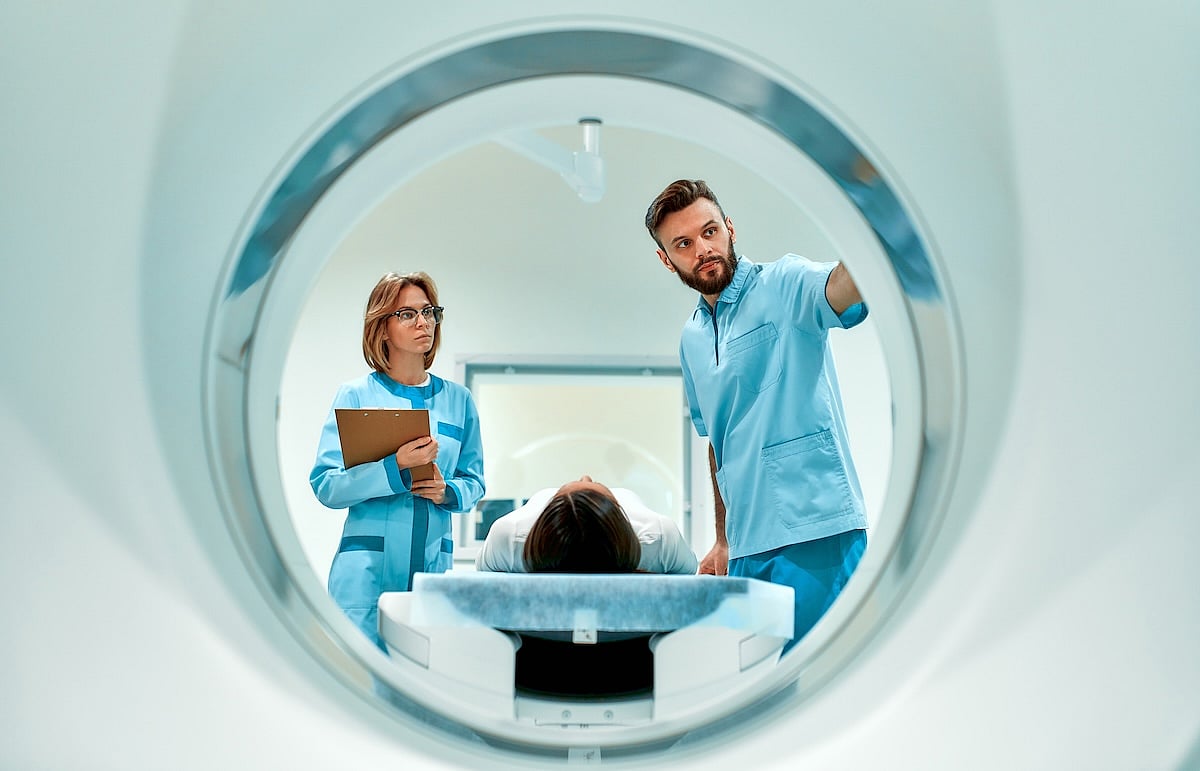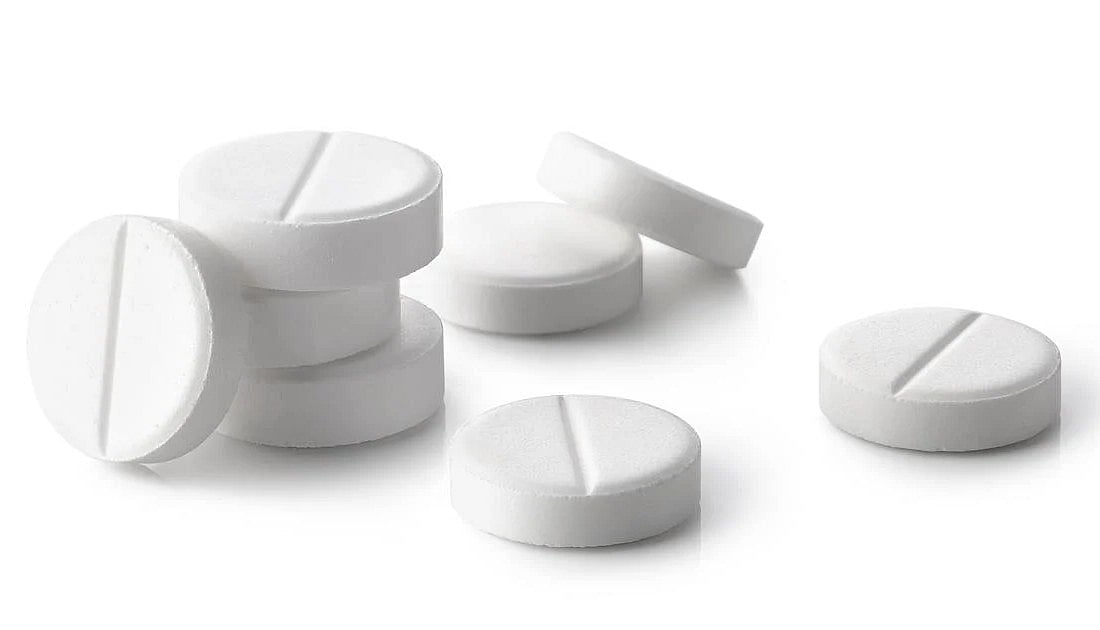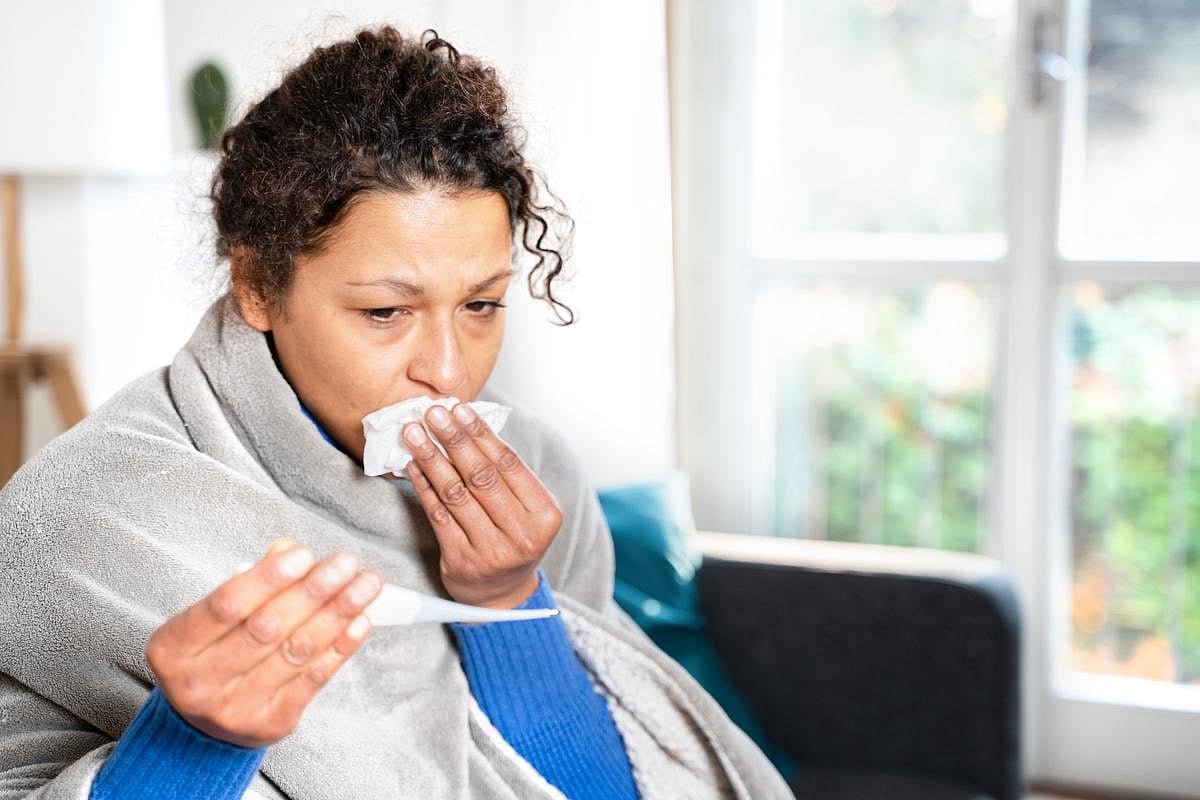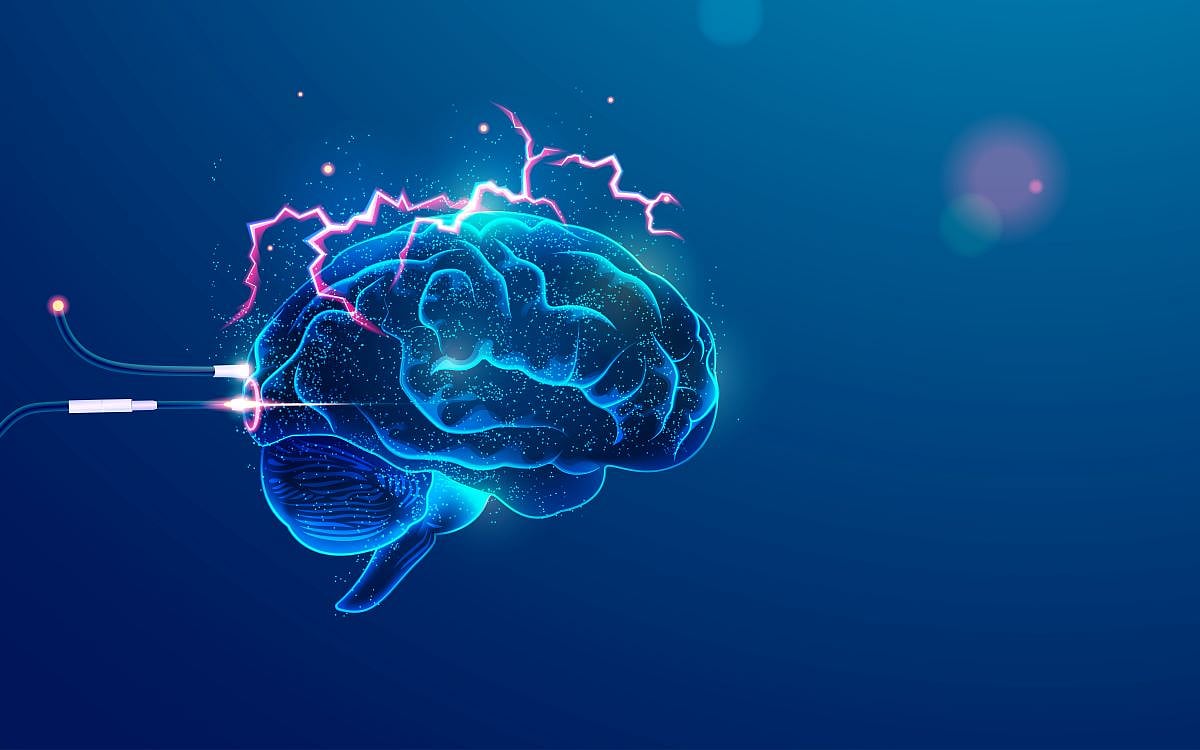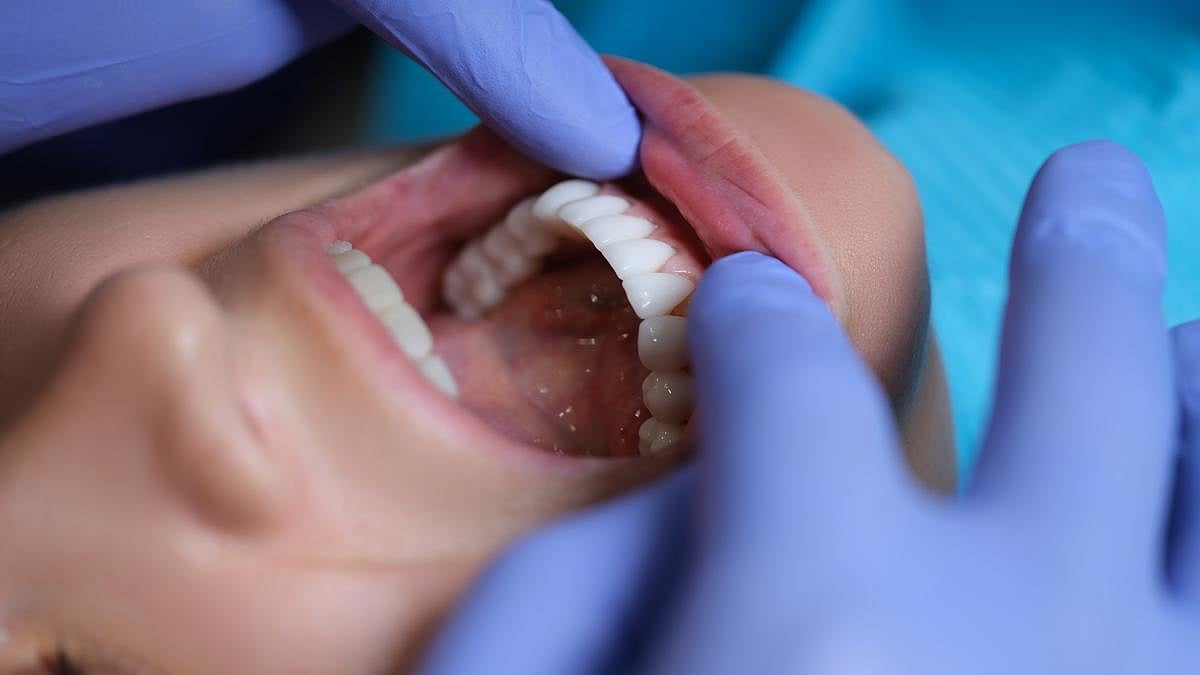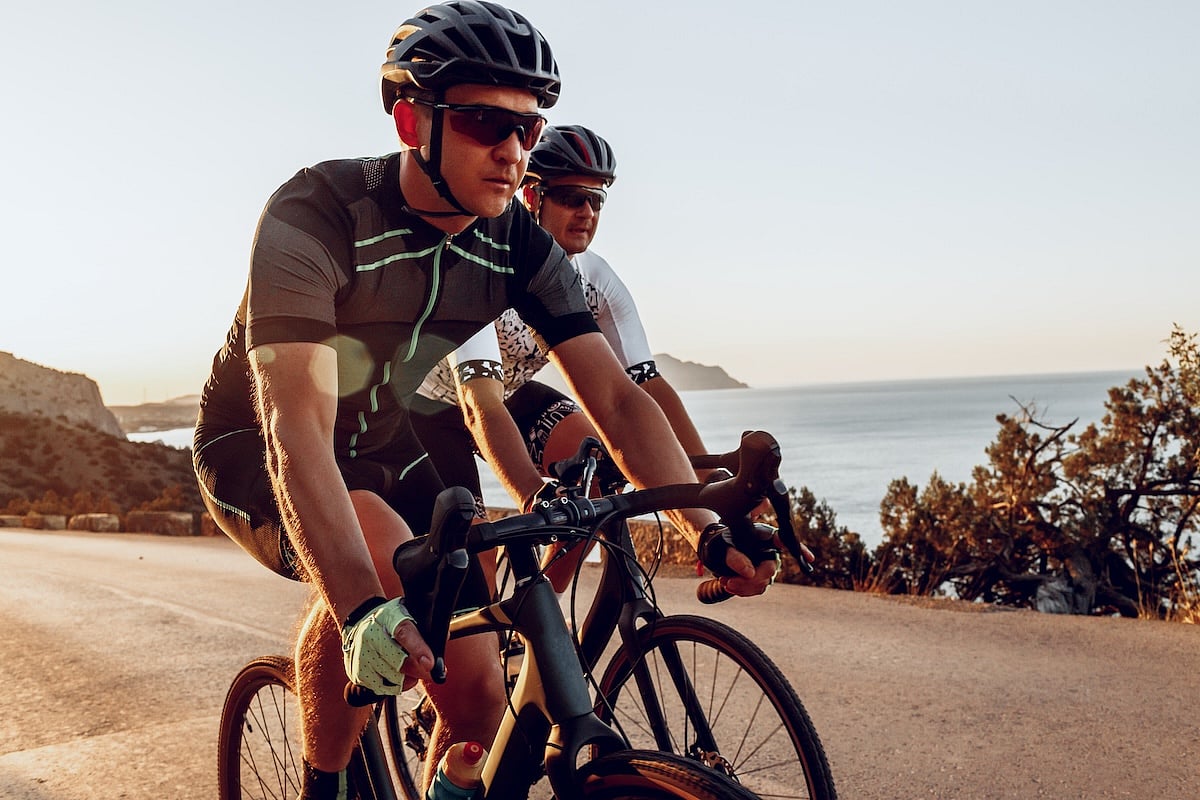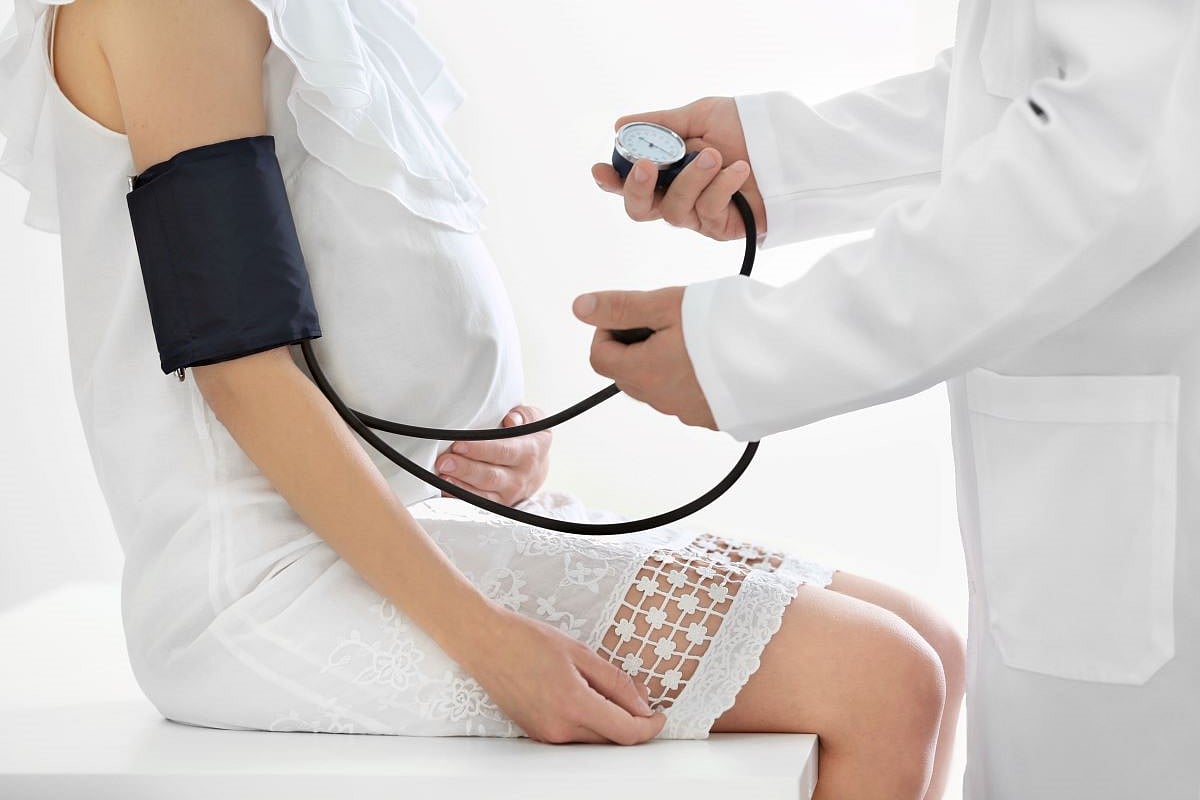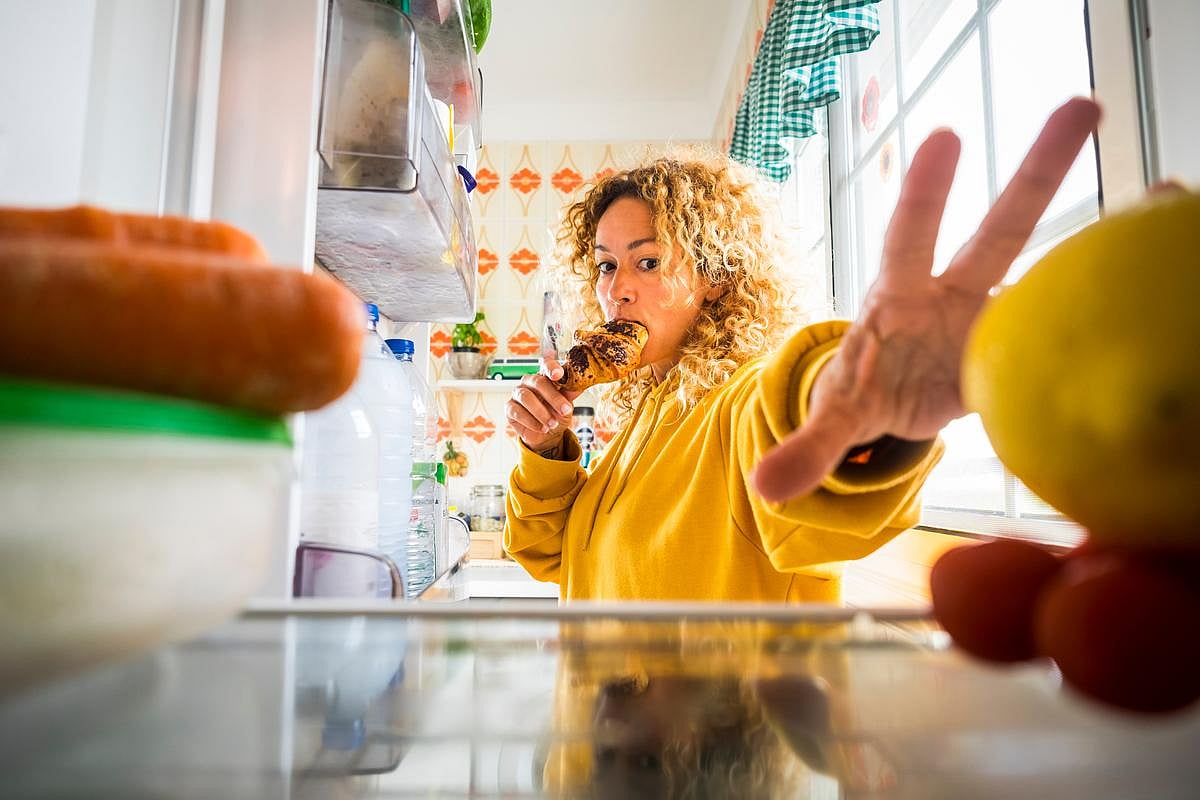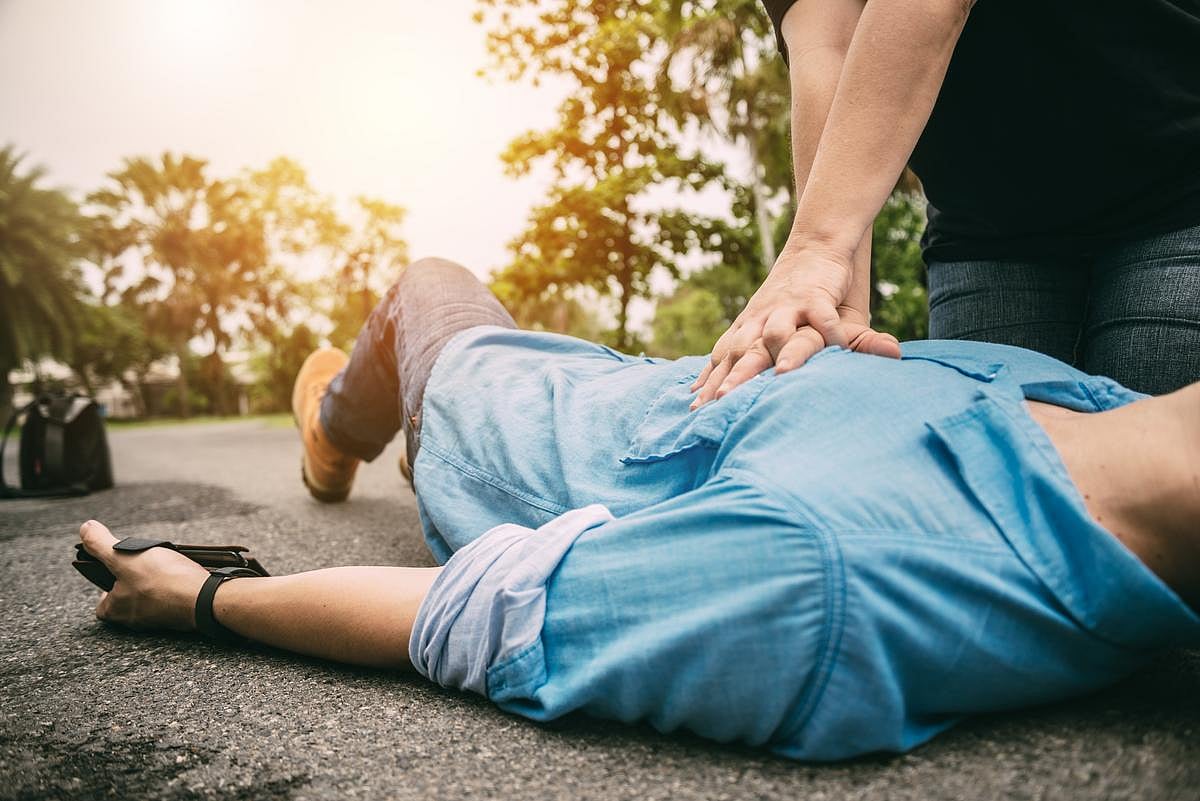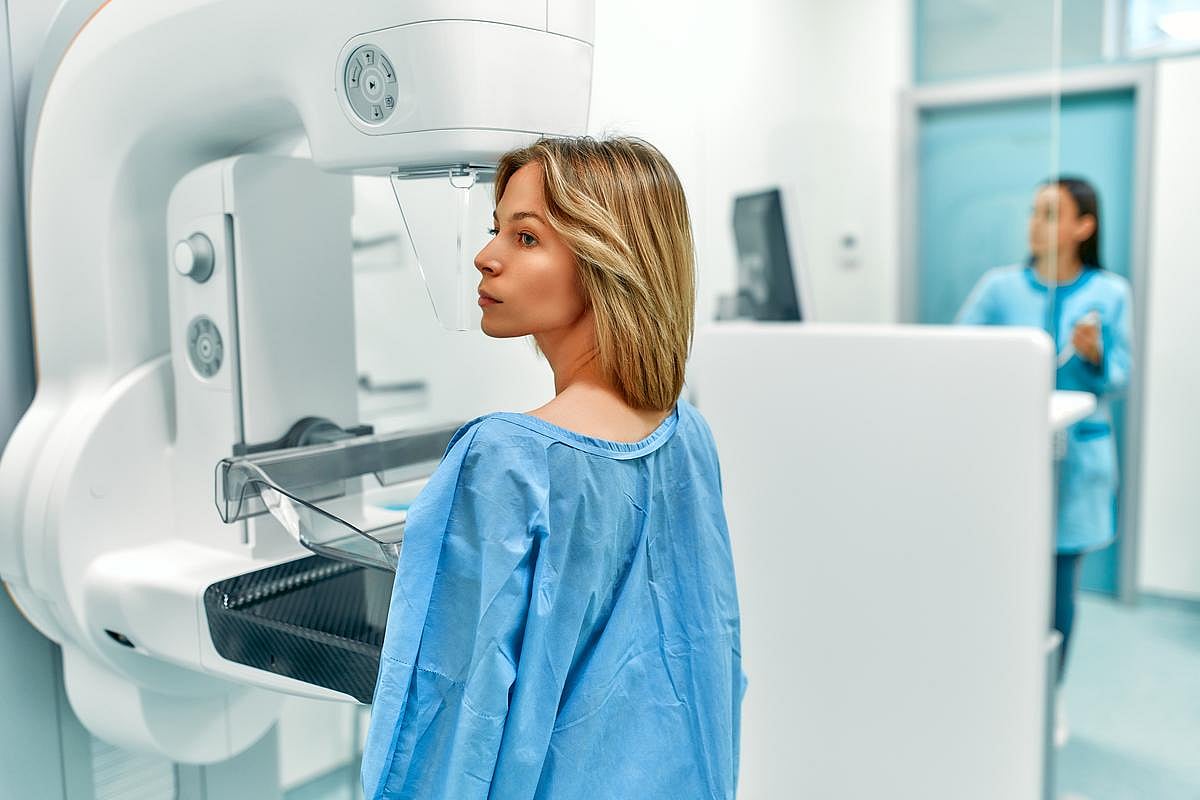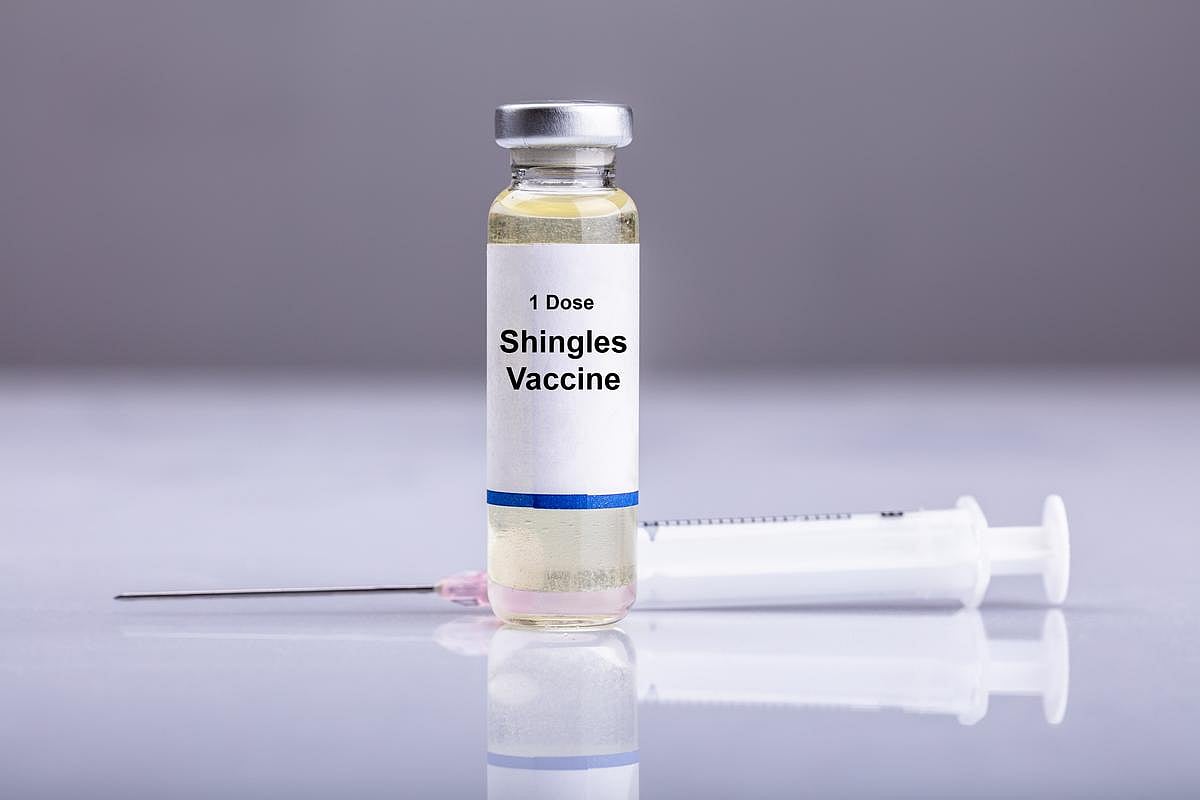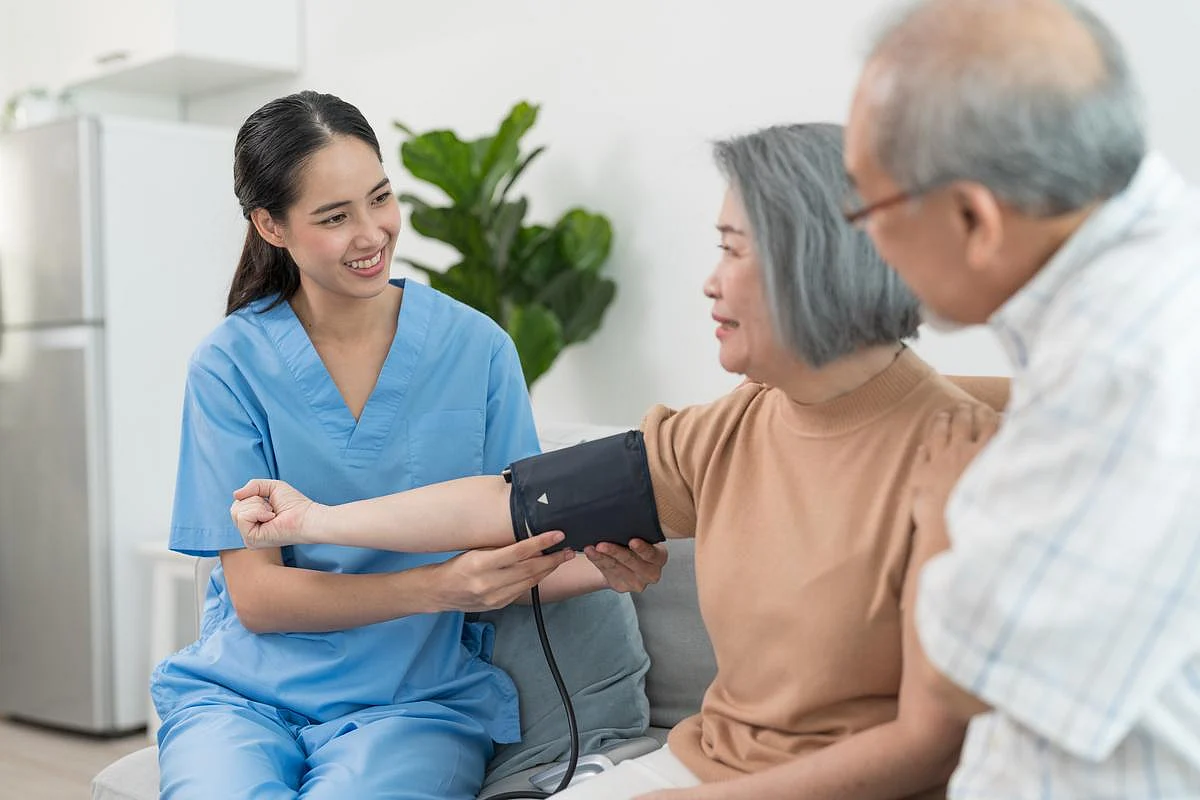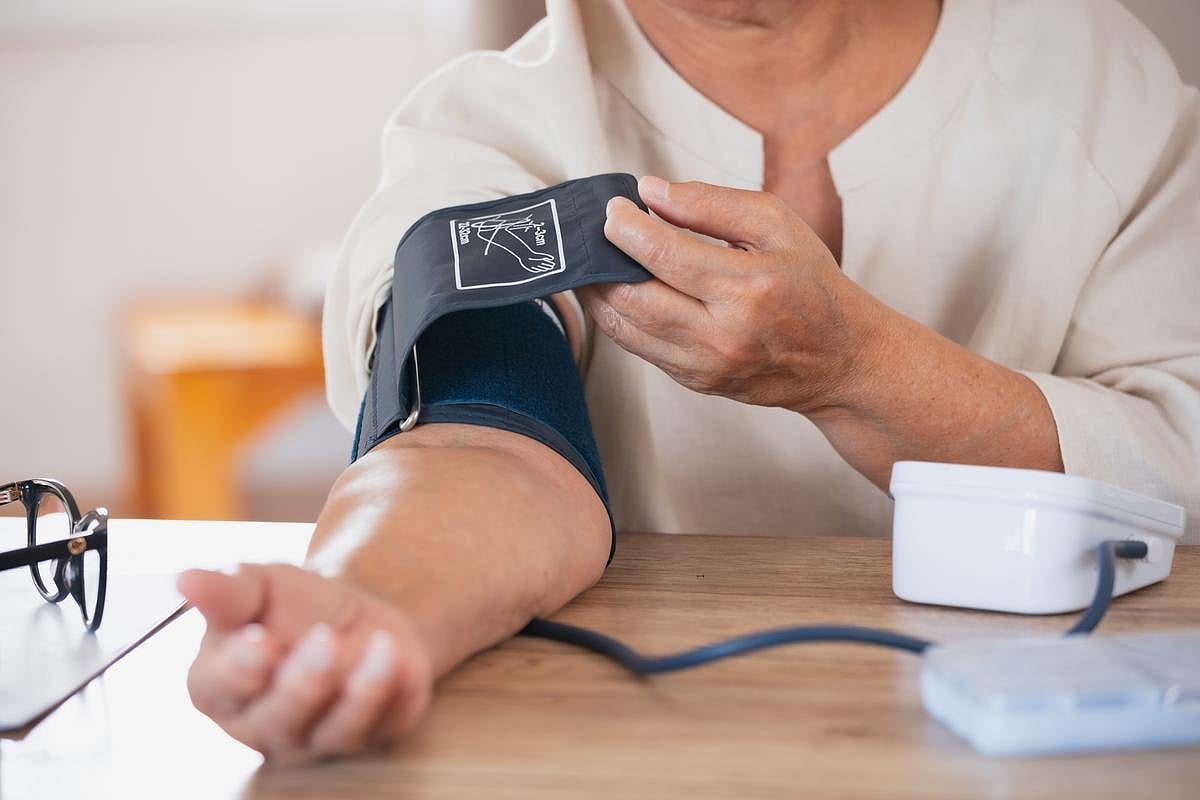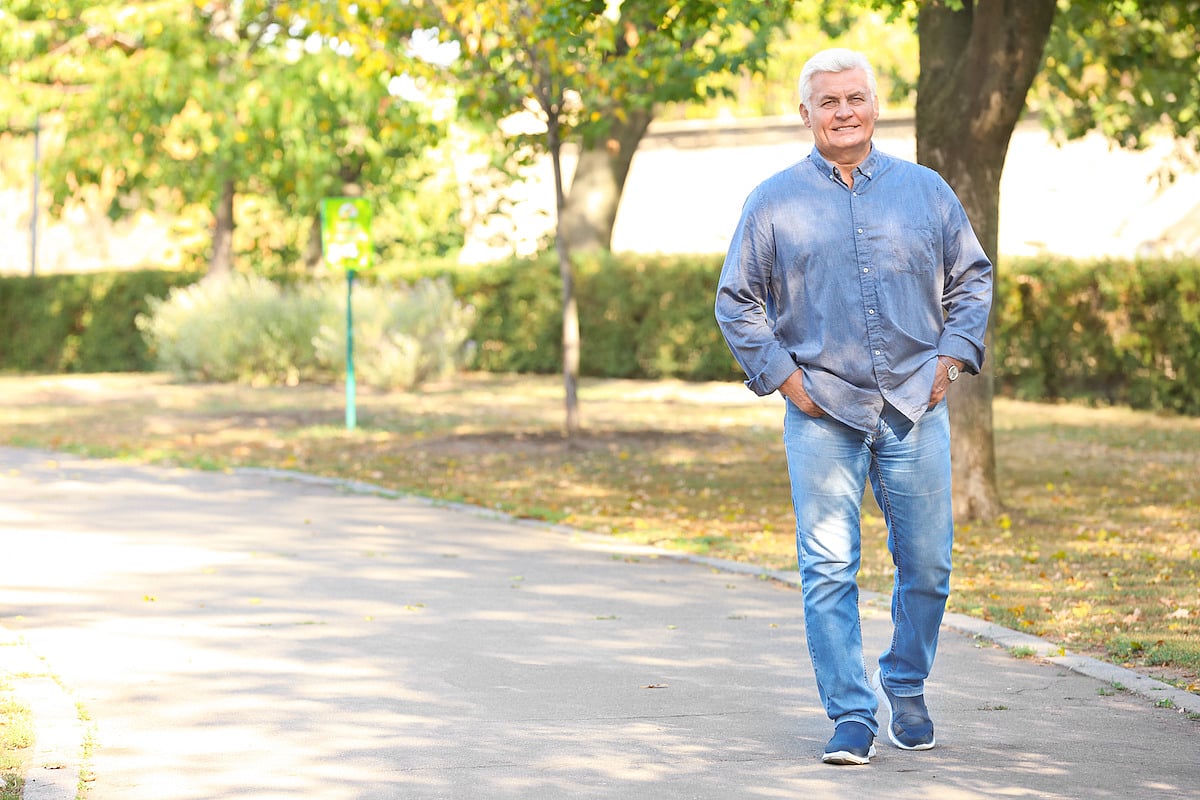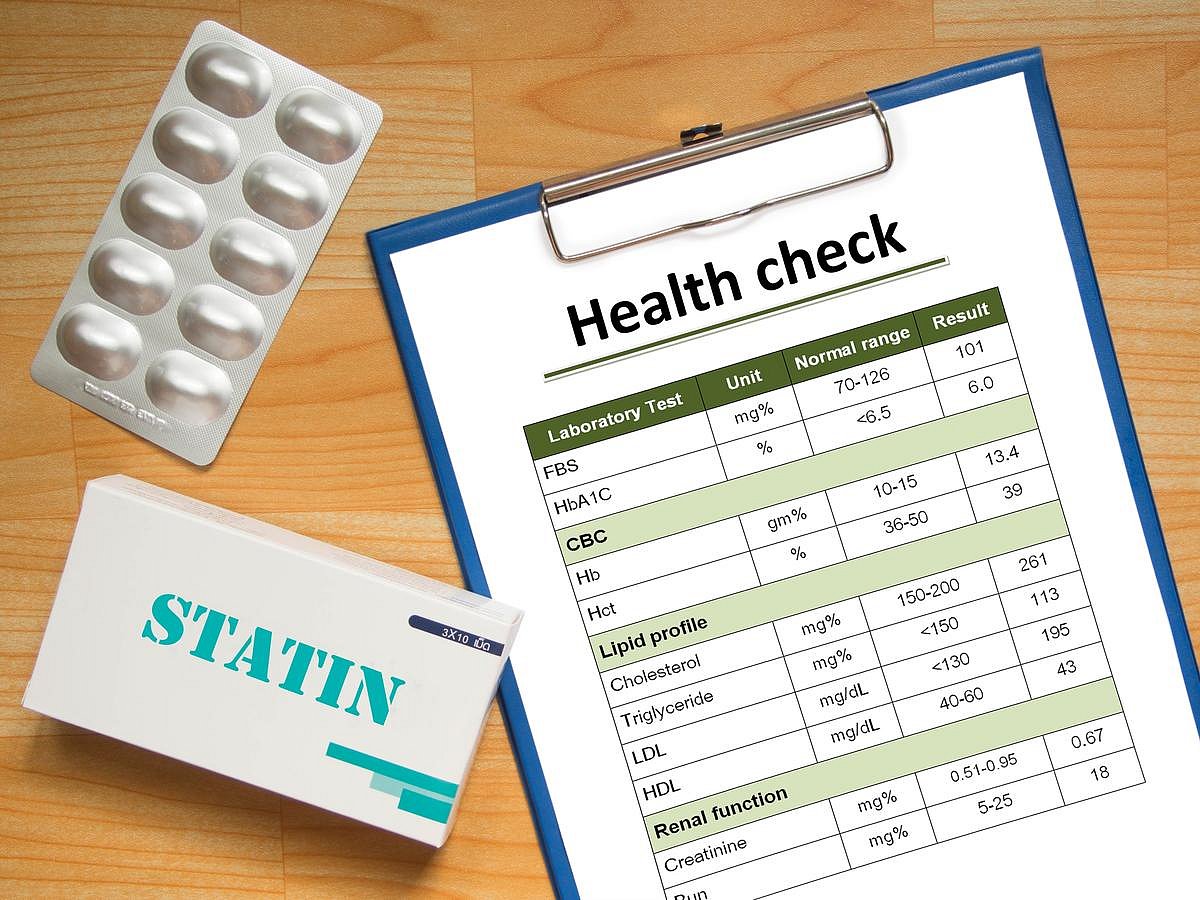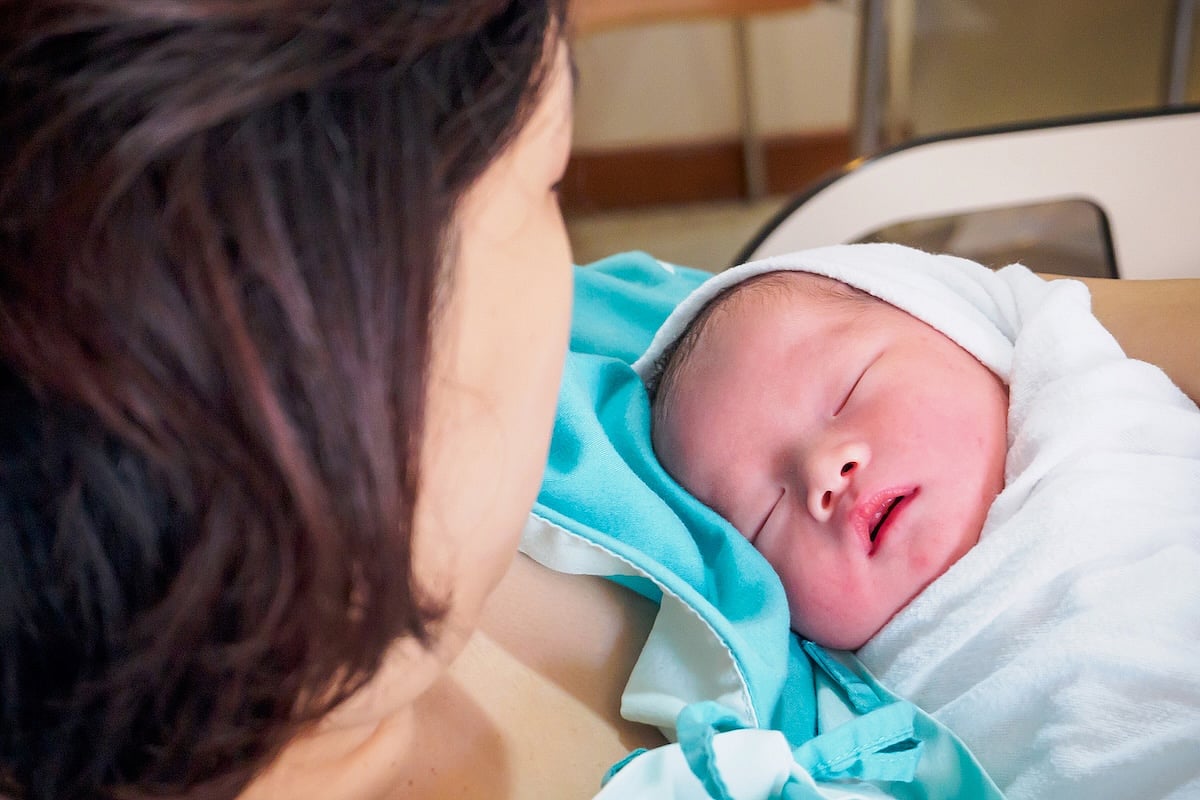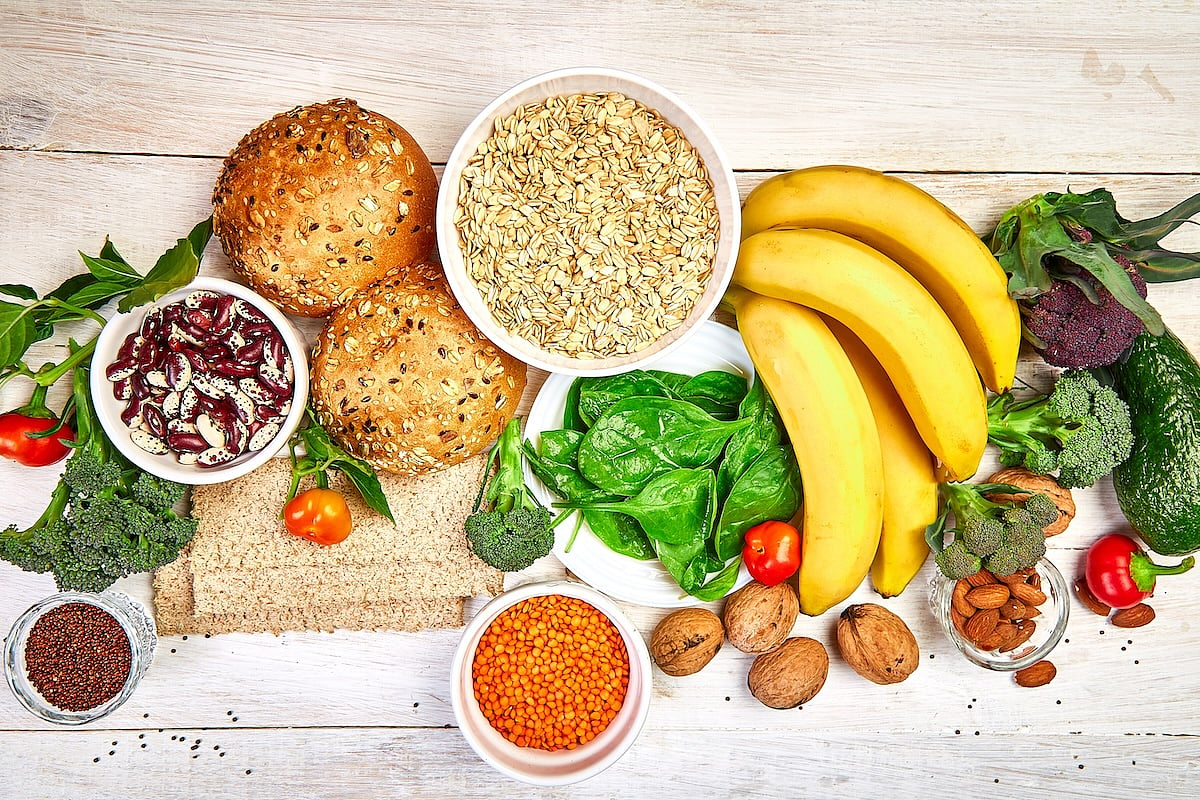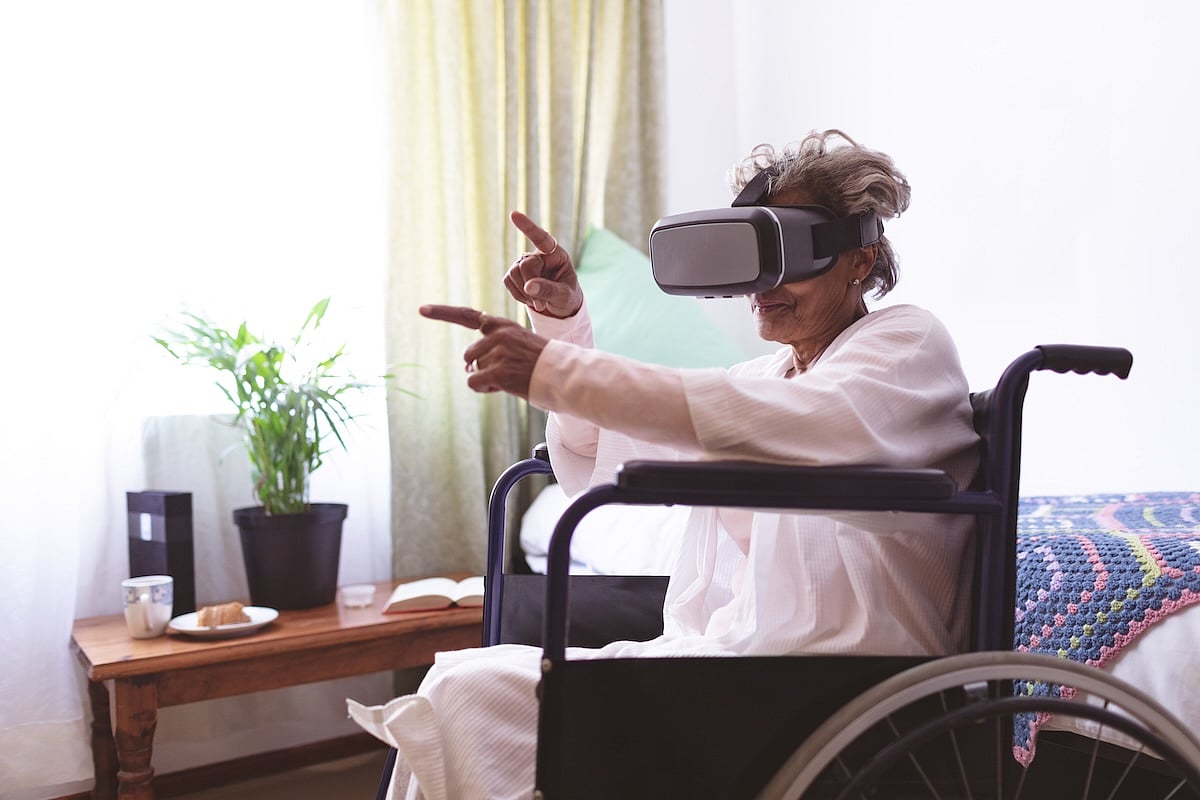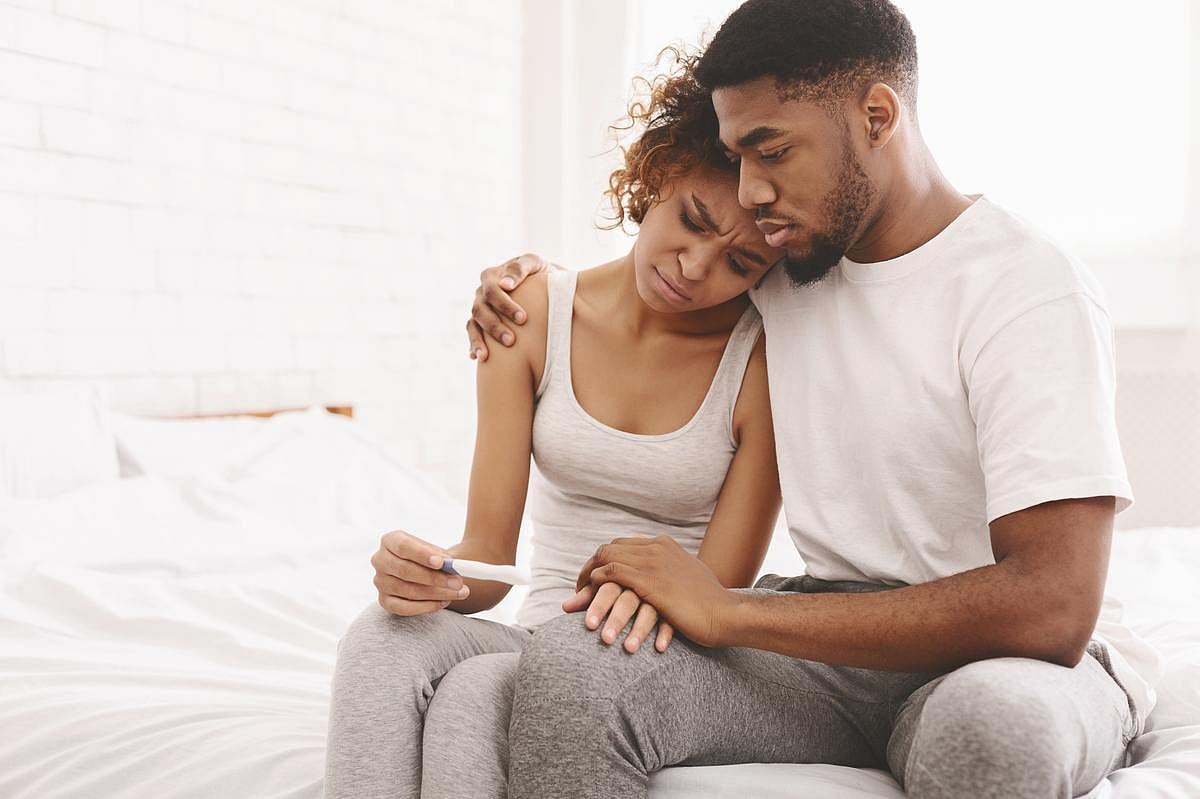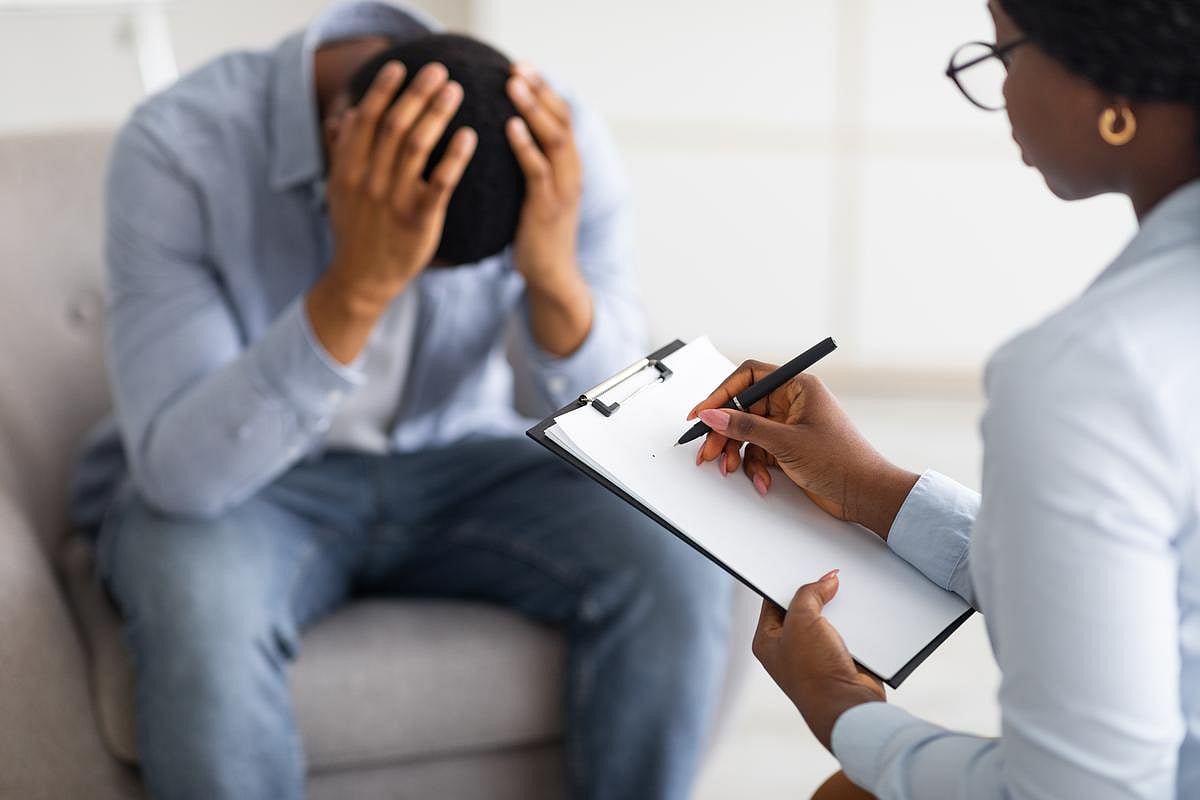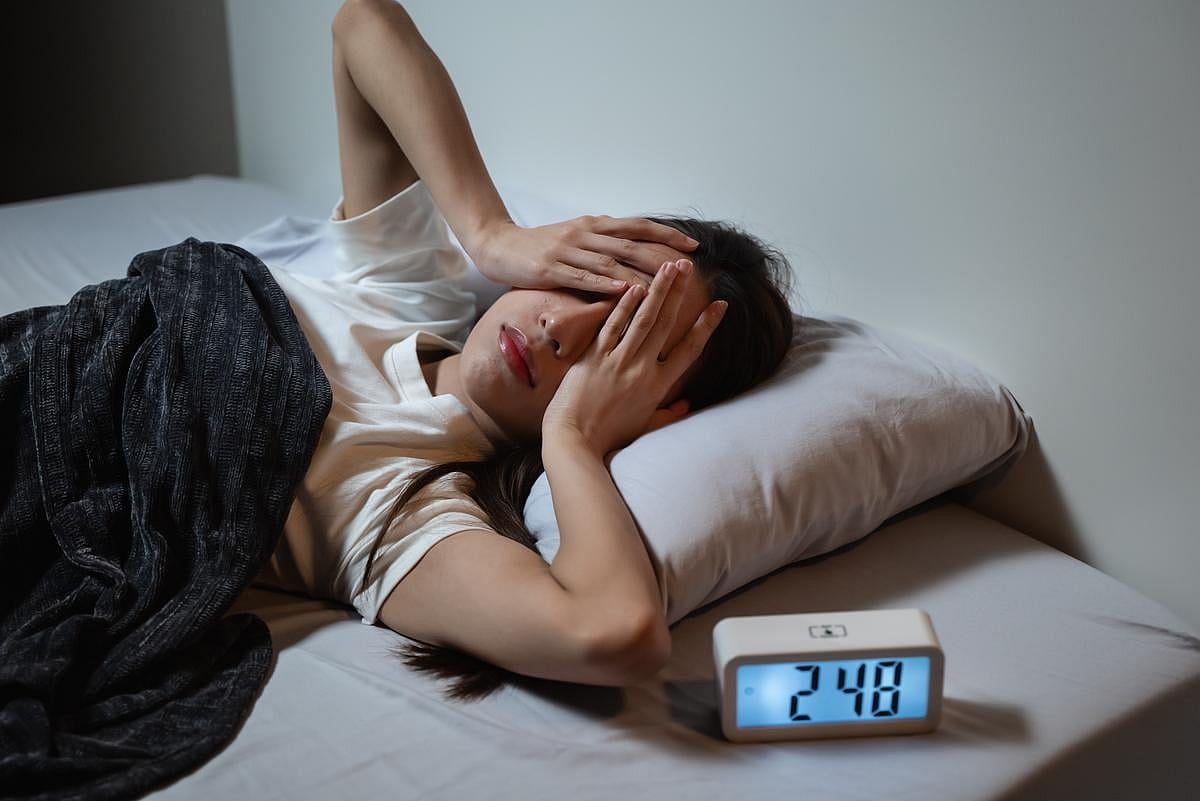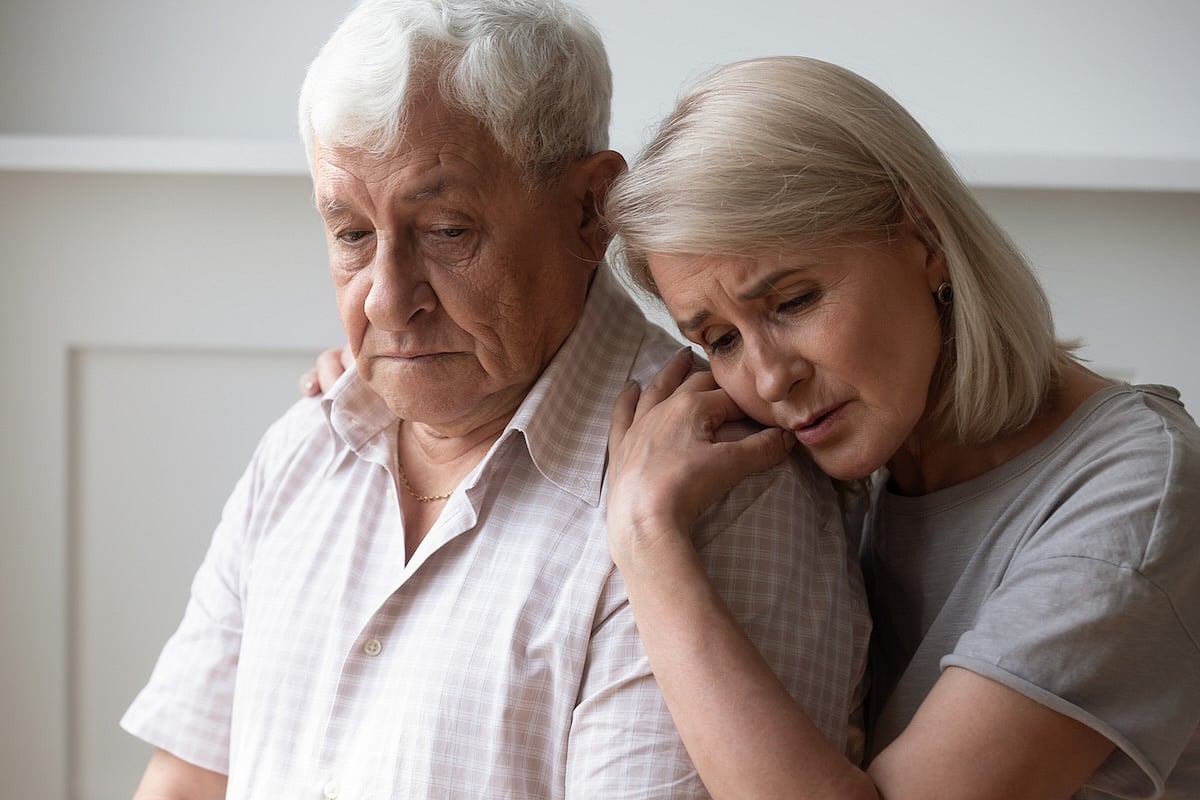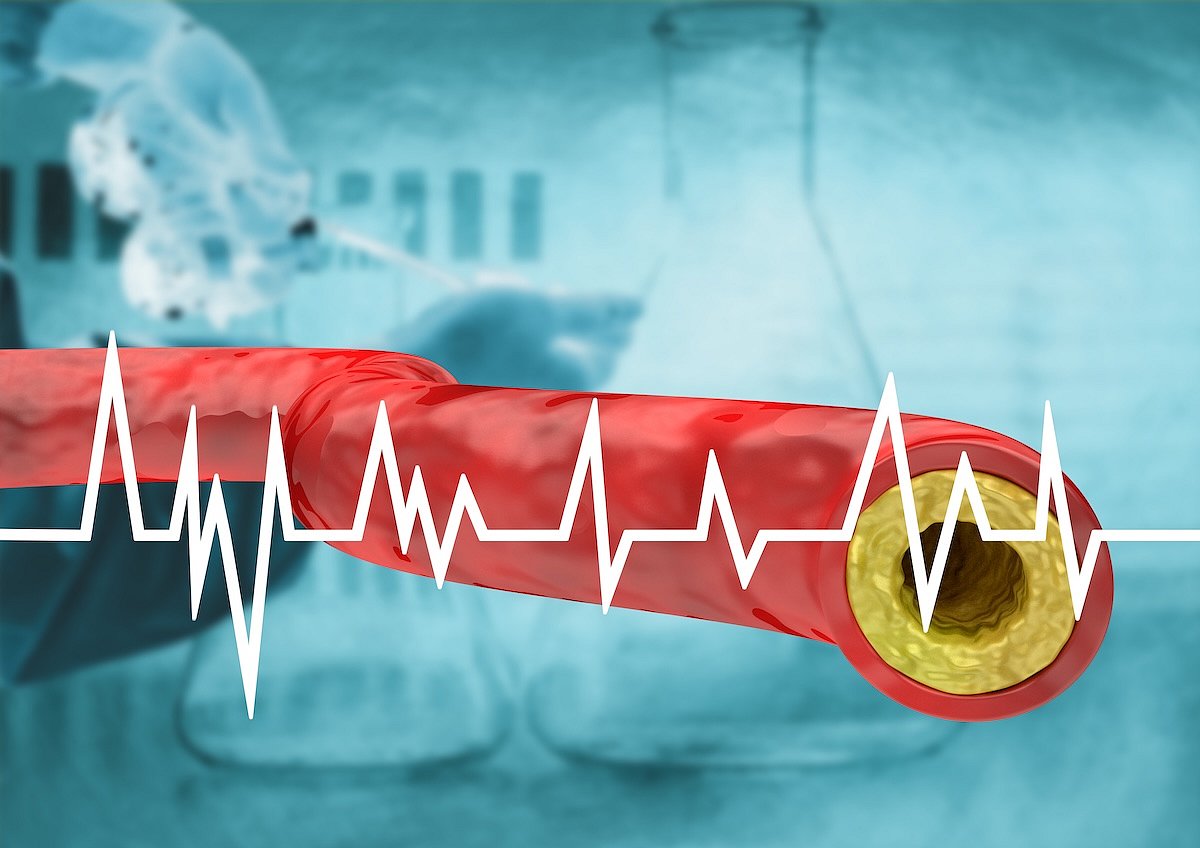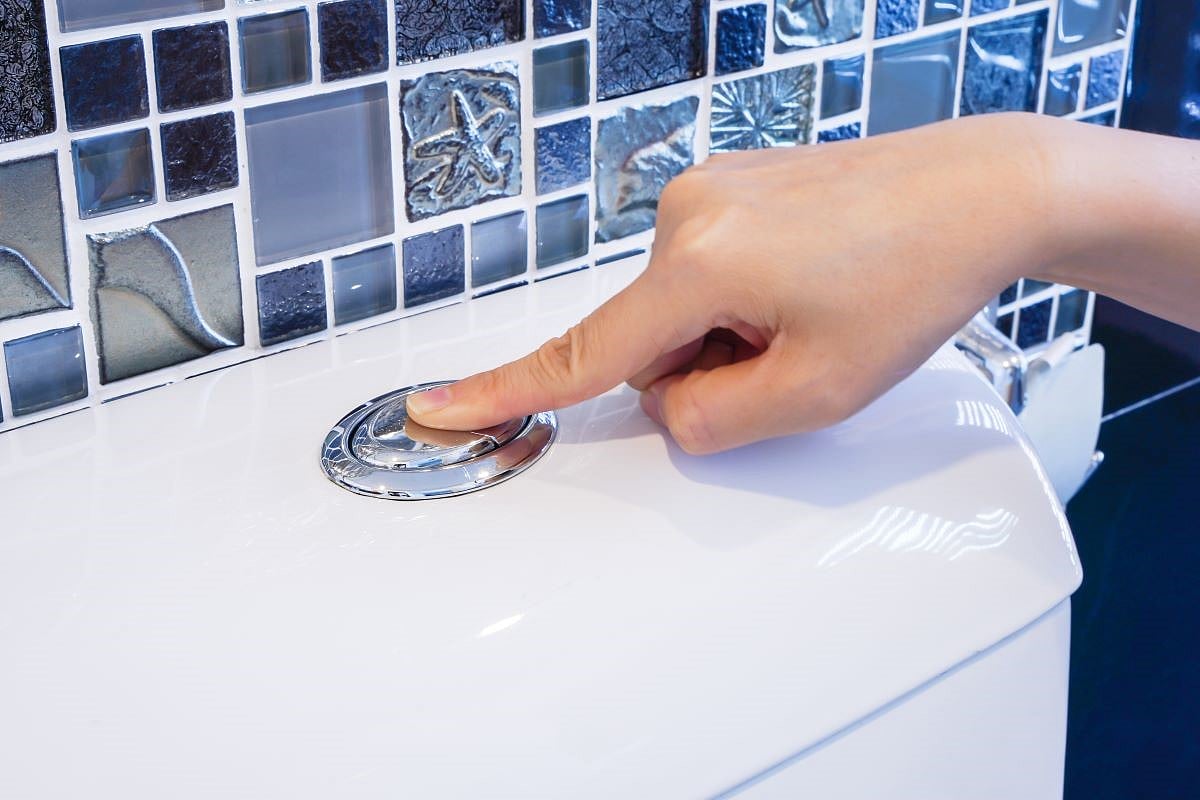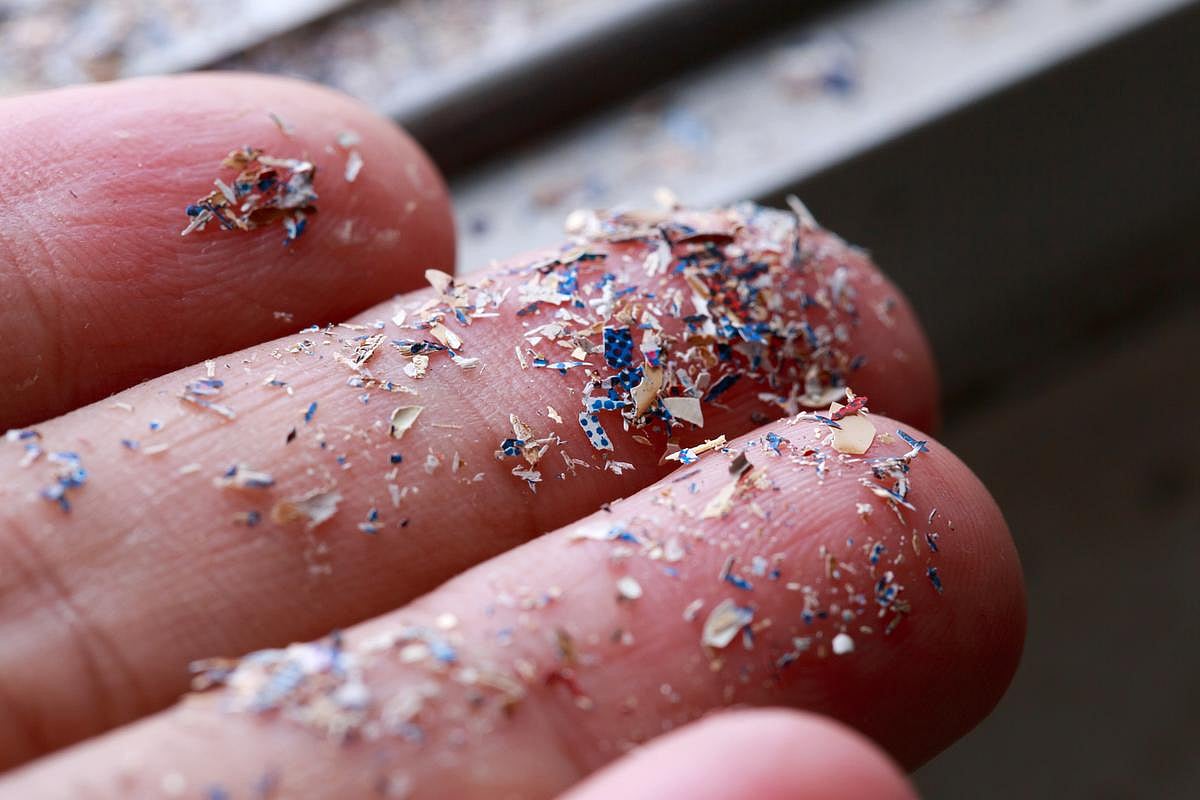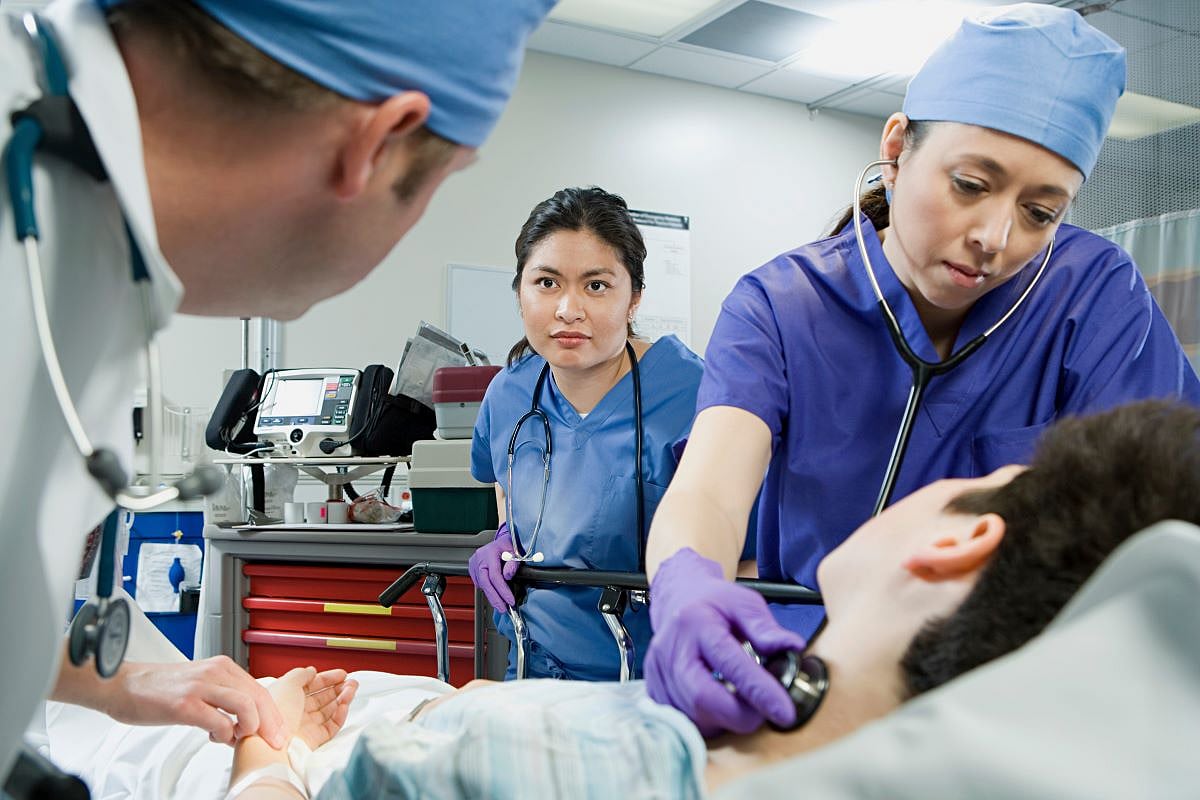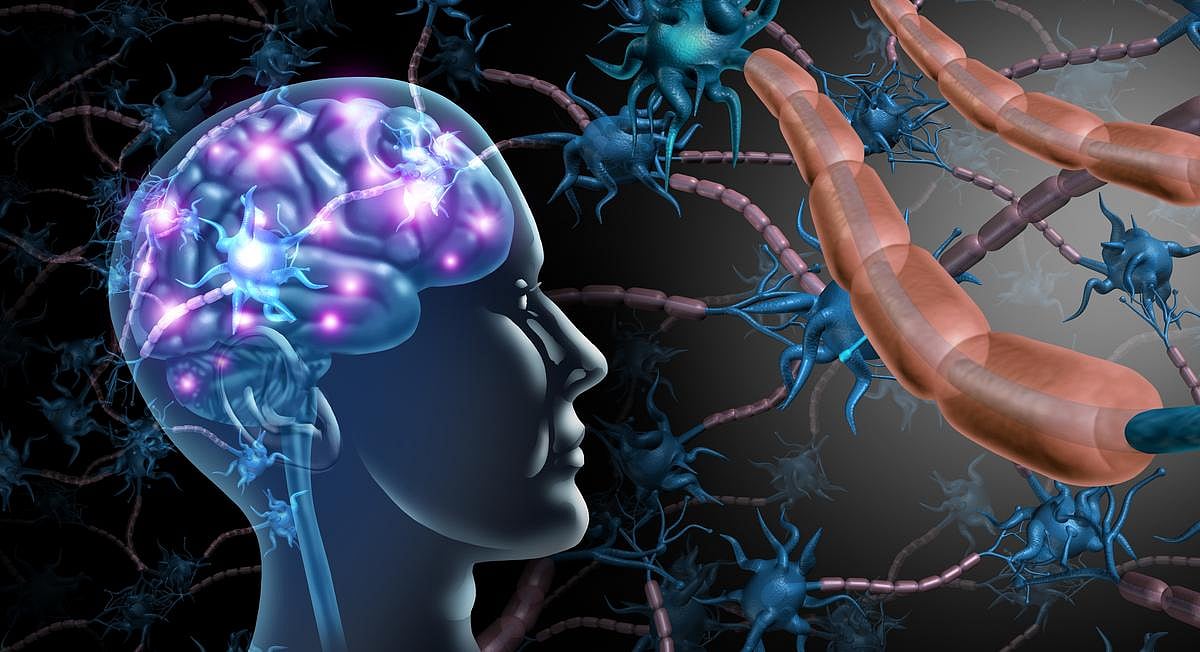Patient Resources
Get Healthy!
271 Results for search "Heart / Stroke-Related: Stroke".
Health News Results - 271
Mediterranean Diet Can Lower Stroke Risk
- Dennis Thompson HealthDay Reporter
- February 5, 2026
- Full Page
People who follow a Mediterranean diet might lower their risk of stroke, a new study reports.
Overall, women who stuck most closely to...
Stroke Rehab Focused On 'Good' Arm Shows Better Results, Trial Finds
- Dennis Thompson HealthDay Reporter
- February 3, 2026
- Full Page
Stroke rehabilitation might be focusing on the wrong side of a survivor’s body, a new study says.
Traditional rehab focuses on res...
Docs Miss Stroke Warning Signs in More Than a Quarter of Pregnant Women, New Mothers
- Dennis Thompson HealthDay Reporter
- February 2, 2026
- Full Page
Many pregnant and post-partum women who suffer a stroke had warning signs that health care professionals missed, a new study says.
More than 25% went to a doctor for stroke-related symptoms within the month prior to their stroke, but did not receive a timely diagnosis, r...
Stroke Survivors Are Twice As Likely To Have Another During Pregnancy, Researchers Find
- Dennis Thompson HealthDay Reporter
- January 30, 2026
- Full Page
Women who’ve survived a stroke need to put much thought and planning into pursuing a pregnancy, experts say.
That’s because ...
Opening Up, Sharing Can Be Best Thing For Stroke Survivors, Study Says
- Dennis Thompson HealthDay Reporter
- January 29, 2026
- Full Page
Dr. Dipika Aggarwal found her life turned upside down following her 2019 stroke.
At just 38, the neurologist from Kansas City, Missouri,...
Electromagnetic Pulses Aid Stroke Recovery, Trial Results Indicate
- Dennis Thompson HealthDay Reporter
- January 29, 2026
- Full Page
Stroke survivors might benefit from electromagnetic pulses that stimulate their brains and spur on their recovery, a new study says.
Thi...
Night Owls Have Worse Heart Health, Study Finds
- Dennis Thompson HealthDay Reporter
- January 28, 2026
- Full Page
Do you prefer to stay up late, living it up through the night while everyone else is snoozing away?
You might be doing your heart health a disservice, a new study says.
Gout Drugs Might Also Help Heart Health, Researchers Find
- Dennis Thompson HealthDay Reporter
- January 27, 2026
- Full Page
Gout patients could be getting some heart-healthy added benefits from managing their condition effectively, a new study says.
Drugs that lower uric acid levels in the blood also appear to reduce a person’s risk of heart attack and stroke, researchers reported Jan. ...
Heart Disease, Stroke Are Top U.S. Killers, Report Says
- Dennis Thompson HealthDay Reporter
- January 22, 2026
- Full Page
Heart disease and stroke are America’s top killers, a new American Heart Association (AHA) report says.
Hospitals Wrongly Penalized For Life-Saving Stroke Care, Researchers Argue
- Dennis Thompson HealthDay Reporter
- January 20, 2026
- Full Page
Hospitals are being inappropriately penalized for lifesaving stroke procedures, due to faulty federal methods for analyzing hospital safety, a...
Reversing Prediabetes Key To Protecting Heart Health, Experts Say
- Dennis Thompson HealthDay Reporter
- December 22, 2025
- Full Page
People on the verge of type 2 diabetes can cut their risk of death from heart disease by more than 50% if they bring their blood sugar levels back to normal, a new study says.
Pati...
Depression, Anxiety Increase Heart Disease Risk Through Stress, Experts Say
- Dennis Thompson HealthDay Reporter
- December 19, 2025
- Full Page
Depression and anxiety are linked to a higher risk of heart attack, heart disease and stroke, and researchers now think they know why.
These mood disorders...
Do Energy Drinks Increase Stroke Risk? One Patient's Story
- Dennis Thompson HealthDay Reporter
- December 10, 2025
- Full Page
Energy drinks might give you wings, unleash the beast or fuel your grind — but chugging too many might pose a serious stroke risk, doctors warn.
An otherwise fit and healthy man in his 50s with a daily eight-can habit found out the hard way, according to a case stu...
Head CT Scan Use Has Doubled In U.S. ERs
- Dennis Thompson HealthDay Reporter
- November 20, 2025
- Full Page
Use of head CT scans in U.S. emergency departments has more than doubled over the past 15 years, a new study says.
Nearly 16 million head CT scans were ordered by ERs in 2022, up from under 8 million in 2007, researchers reported Nov. 17 in the journal
Online Tool Helps Younger Adults Plan For Their Long-Term Heart Health
- Dennis Thompson HealthDay Reporter
- November 18, 2025
- Full Page
Usually, it’s not until late middle age that folks start worrying about heart disease.
But a first-of-its-kind online calculator is now available to help adults as young as 30 forecast their risk of heart problems decades out, researchers reported Nov. 17 in the
Transgender Women's Heart Health Not Harmed By Hormone Therapy
- Dennis Thompson HealthDay Reporter
- November 6, 2025
- Full Page
Transgender women using estradiol for their transition don’t run an increased risk of heart attack or
Low-Dose Aspirin Might Benefit Adults With Type 2 Diabetes, Study Says
- Dennis Thompson HealthDay Reporter
- November 4, 2025
- Full Page
Low-dose aspirin is no longer universally recommended to prevent heart health emergencies, but it might help people with type 2 diabetes, a new study says.
People with type 2 diabetes<...
Flu, COVID Increase Risk of Heart Attack, Stroke
- Dennis Thompson HealthDay Reporter
- October 29, 2025
- Full Page
People’s risk of heart attack or stroke skyrockets after a bout with the flu or COVID, a new evidence review says.
Folks are four times more likely to have a heart attack an...
What Kim Kardashian’s Diagnosis Reveals About Brain Aneurysms
- Deanna Neff HealthDay Reporter
- October 24, 2025
- Full Page
Reality TV star, actress and mom Kim Kardashian, 45, disclosed in the season premiere of “The Kardashians” that a small aneurysm was detected in her brain.
An aneurysm occurs when a blood vessel wall weakens and stretches, creating a balloon or bubble. While ...
Gum Disease May Raise Stroke Risk, Even Damage the Brain
- I. Edwards HealthDay Reporter
- October 23, 2025
- Full Page
If you need another reason to brush and floss, here it is: Research suggests keeping your mouth healthy might also protect your brain and heart.
Two new studies published Oct. 22 in Neurology Open Access linked gum disease and cavities to a higher risk of
'Skinny Fat' Contributes to Heart Attack, Stroke Risk
- Dennis Thompson HealthDay Reporter
- October 21, 2025
- Full Page
Hidden deposits of fat deep inside the abdomen and liver can quietly increase your risk of stroke and heart attack, even if you appear to have a healthy weight.<...
Increasing Number Of Pregnancies Affected By Heart Complications
- Dennis Thompson HealthDay Reporter
- October 9, 2025
- Full Page
Heart-related health problems might affect as many as 1 in 7 pregnancies, even among women without any prior heart disease, a new study says.
Health Habits In 20s, 30s Can Have Dramatic Effect On Later Heart Attack, Stroke Risk
- Dennis Thompson HealthDay Reporter
- October 9, 2025
- Full Page
The healthy habits people adopt and stick with in their 20s and 30s have a massive and direct impact on their risk of a heart attack or stroke decades later, a l...
Heart Attack, Stroke Almost Always Foreshadowed, Study Says
- Dennis Thompson HealthDay Reporter
- September 30, 2025
- Full Page
Nearly everyone who suffers a heart attack, stroke or heart failure had at least one warning sign that cropped up years before, a new study says.
More than...
Heart Disease Remains Top Killer Worldwide
- Dennis Thompson HealthDay Reporter
- September 25, 2025
- Full Page
Heart disease remains the world’s top killer, causing 1 in every 3 deaths around the globe, a new study says.
Worldwide, the number of heart-related deaths has risen sharply, climbing to 19.2 million in 2023 from 13.1 million in 1990, researchers reported in the
Can Mammograms Assess Women's Heart Health?
- Dennis Thompson HealthDay Reporter
- September 17, 2025
- Full Page
Regular mammograms might offer a “two-for-one” opportunity to protect women’s health, a new study says.
Mammograms can be used to successfully predict heart di...
Shingles Vaccine Might Protect Against Heart Attack, Stroke
- Dennis Thompson HealthDay Reporter
- August 29, 2025
- Full Page
The shingles vaccine not only protects against the painful skin infection, but also might provide heart health benefits, a new study says.
Shingles vaccination also appears to lower a person’s risk of heart attack and stroke, according to an evidence review present...
Seniors Neglecting Steps To Protect Heart Health, Study Says
- Dennis Thompson HealthDay Reporter
- August 20, 2025
- Full Page
Seniors with known heart-related problems aren’t doing a very good job taking steps to protect their health, a new study says.
Older folks with high blood pr...
Tight Blood Pressure Control Both Healthy And Cost-Effective, Projections Say
- Dennis Thompson HealthDay Reporter
- August 20, 2025
- Full Page
Tight control over blood pressure is not only good for patients, but is also cost-effective health care, a new study says.
Controlling blood pressure to below ...
Stalking Victims At Higher Risk For Future Heart Problems
- Dennis Thompson HealthDay Reporter
- August 11, 2025
- Full Page
Victims of stalkers appear to have an increased risk of heart disease, a new study says.
Women who had been stalked or had obtained a restraining order were more ...
Improved Calculator Predicts Stroke Risk For A-Fib Patients
- Dennis Thompson HealthDay Reporter
- August 11, 2025
- Full Page
A newly refined test can help detect which people with abnormal heart rhythms need treatment for an increased risk of stroke, researchers re...
Longer, Quicker Walks Protect Heart Health
- Dennis Thompson HealthDay Reporter
- August 7, 2025
- Full Page
Adding distance to your daily walk and picking up your pace can help reduce risk of heart problems associated with high blood pressure, a new study says.
Compare...
Tens Of Thousands of Heart Attacks, Strokes Could Be Prevented With This Prescription
- HealthDay Reporter
- Dennis Thompson
- July 2, 2025
- Full Page
Tens of thousands of people suffer needless heart attacks and strokes every year because they aren’t taking cholesterol-lowering drugs, a new study says.
More than 39,000 deaths, nearly 100,000 non-fatal heart attacks and up to 65,000
Severe Bleeding After Delivery Linked To Long-Term Heart Health Problems
- HealthDay Reporter
- Dennis Thompson
- June 30, 2025
- Full Page
The health of women who experience severe bleeding after giving birth can remain in peril for up to 15 years afterward, a major new evidence review says.
Women who survive postpartum hemorrhage are 76% more likely to suffer health problems like heart failure, stroke and ...
High-Fiber Diet Reduces Risk of Hardened Arteries
- HealthDay Reporter
- Dennis Thompson
- June 27, 2025
- Full Page
Noshing on veggies, grains, beans and other high-fiber foods can help your heart as well as your gut health, a new study says.
People with low-fiber diets are more likely to have narrowed
VR Might Aid Stroke Recovery
- HealthDay Reporter
- Dennis Thompson
- June 24, 2025
- Full Page
Virtual reality (VR) training might help stroke survivors regain their arm movement, a new evidence review says.
The results indicate th...
Weed Use Linked To Heart-Related Deaths
- HealthDay Reporter
- Dennis Thompson
- June 23, 2025
- Full Page
Weed is associated with a doubled risk of death from heart disease, a new evidence review shows.
The study also found that marijuana use is linked to an increased risk of stroke and
Infertility Tied To Heart Problems In Women
- HealthDay Reporter
- Dennis Thompson
- June 18, 2025
- Full Page
Infertility appears linked to women’s risk of heart problems, an evidence review suggests.
Women who are infertile have an increased risk of heart disease and
Talk Therapy Eases Depression, Anxiety In Stroke Survivors
- HealthDay Reporter
- Dennis Thompson
- June 18, 2025
- Full Page
Talk therapy can help stroke survivors who are in the throes of depression or anxiety, a new study says.
About half of patients (49%) fully recovered from a post-stroke mood disorder after par...
Accelerated Biological Aging Tied To Dementia, Stroke Risk
- HealthDay Reporter
- Dennis Thompson
- June 12, 2025
- Full Page
A hallmark of accelerated aging appears to be linked to an increased risk of dementia and stroke, a new study says.
Shorter telomere len...
Poor Sleep Sign Of Brain Problems After Mild Stroke
- HealthDay Reporter
- Dennis Thompson
- May 29, 2025
- Full Page
Difficulty sleeping after a mild stroke could be a sign of continuing brain health problems in some people, a new study says.
Stroke victims who spent more time in bed struggling to sleep had lower scores on tests of thinking and memory skills, researchers reported in th...
Broken Heart Syndrome Remains A Killer, Especially For Men
- HealthDay Reporter
- Dennis Thompson
- May 15, 2025
- Full Page
“Broken heart syndrome” sounds like a romantic, fairy-tale notion -- the idea that suffering a devastating loss that can cause one’s heart to wither.
But this syndrome, formally known as Takotsubo cardiomyopathy, continues to be associated with a high r...
Down Syndrome Patients Have Higher Stroke, Heart Attack Risk
- HealthDay Reporter
- Dennis Thompson
- May 8, 2025
- Full Page
People with Down syndrome have a much higher risk of stroke than people without the genetic disorder, a new study says.
Down syndrome pa...
Shingles Vaccine Could Protect Heart Health
- HealthDay Reporter
- Dennis Thompson
- May 7, 2025
- Full Page
The shingles vaccine has benefits that stretch beyond protecting older adults from the painful skin condition, a new study says.
Folks...
Scoring System Can Avoid Unnecessary Surgery For Clogged Arteries
- HealthDay Reporter
- Dennis Thompson
- April 24, 2025
- Full Page
THURSDAY, April 24, 2025 (HeathDay News) -- Doctors might be able to use a new scoring system to avoid unnecessary surgery to prevent strokes,...
Urinary Incontinence Linked To Heart Disease Risk In Women
- HealthDay Reporter
- Dennis Thompson
- April 24, 2025
- Full Page
Women suffering from urinary incontinence might have a greater risk of heart disease, a new study says.
Women who struggle with bladder control are more likely to have risk factors associated with heart health problems, including
Microplastics Could Be Contributing To Clogged Arteries
- HealthDay Reporter
- Dennis Thompson
- April 23, 2025
- Full Page
Microplastics could be contributing to clogged arteries, increasing people’s risk of heart attack or stroke, a new study says.
Fat...
Stroke Among Younger Adults Linked To Non-Traditional Risks
- HealthDay Reporter
- Dennis Thompson
- April 18, 2025
- Full Page
Migraines, blood clots in veins, kidney or liver disease, and cancer aren’t typically considered conditions that put a person at increased danger for
Magnetic Stimulation Aids Speech Recovery Following Stroke
- HealthDay Reporter
- Dennis Thompson
- April 18, 2025
- Full Page
Lucy Mulloor woke one morning to find she couldn’t call out to her two daughters, who were bustling about the kitchen.
She also couldn’t move the right side of her body, and only attracted her girls’ attention by falling to the floor after working her w...
Stroke, Dementia, Depression Share Many Risk Factors
- HealthDay Reporter
- Dennis Thompson
- April 9, 2025
- Full Page
Brain diseases like stroke, dementia and depression share common risk factors, and changing any can lower a person’s risk of all three c...

